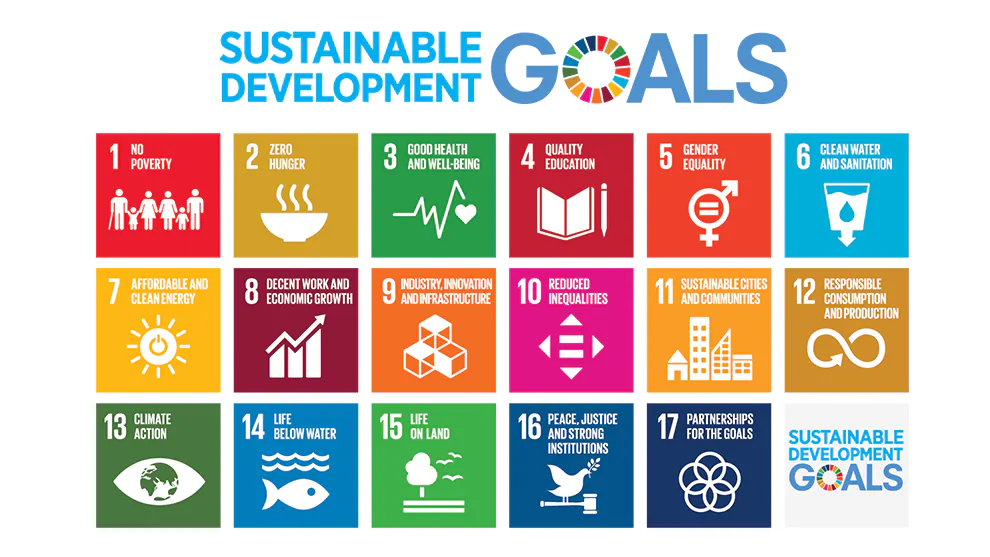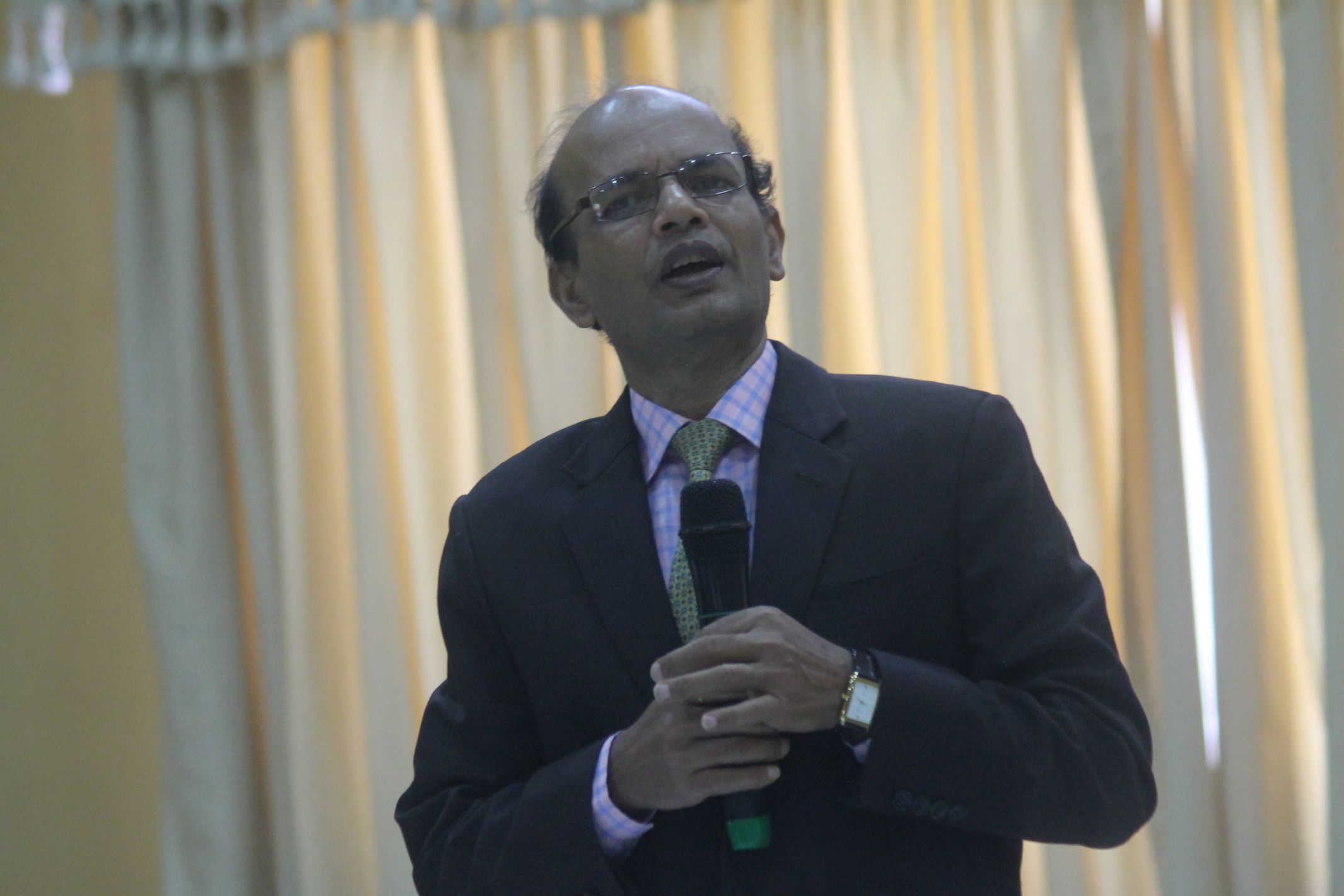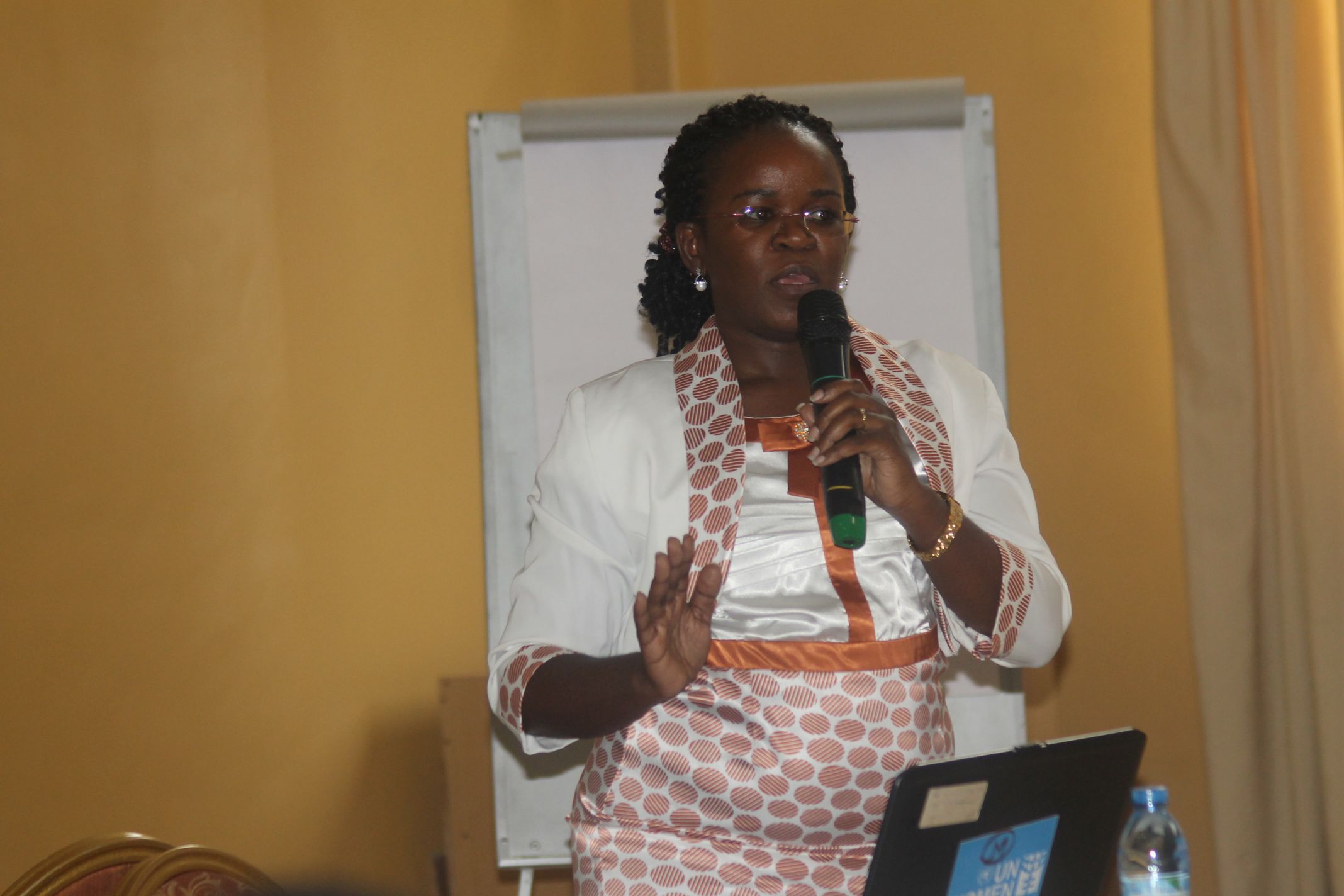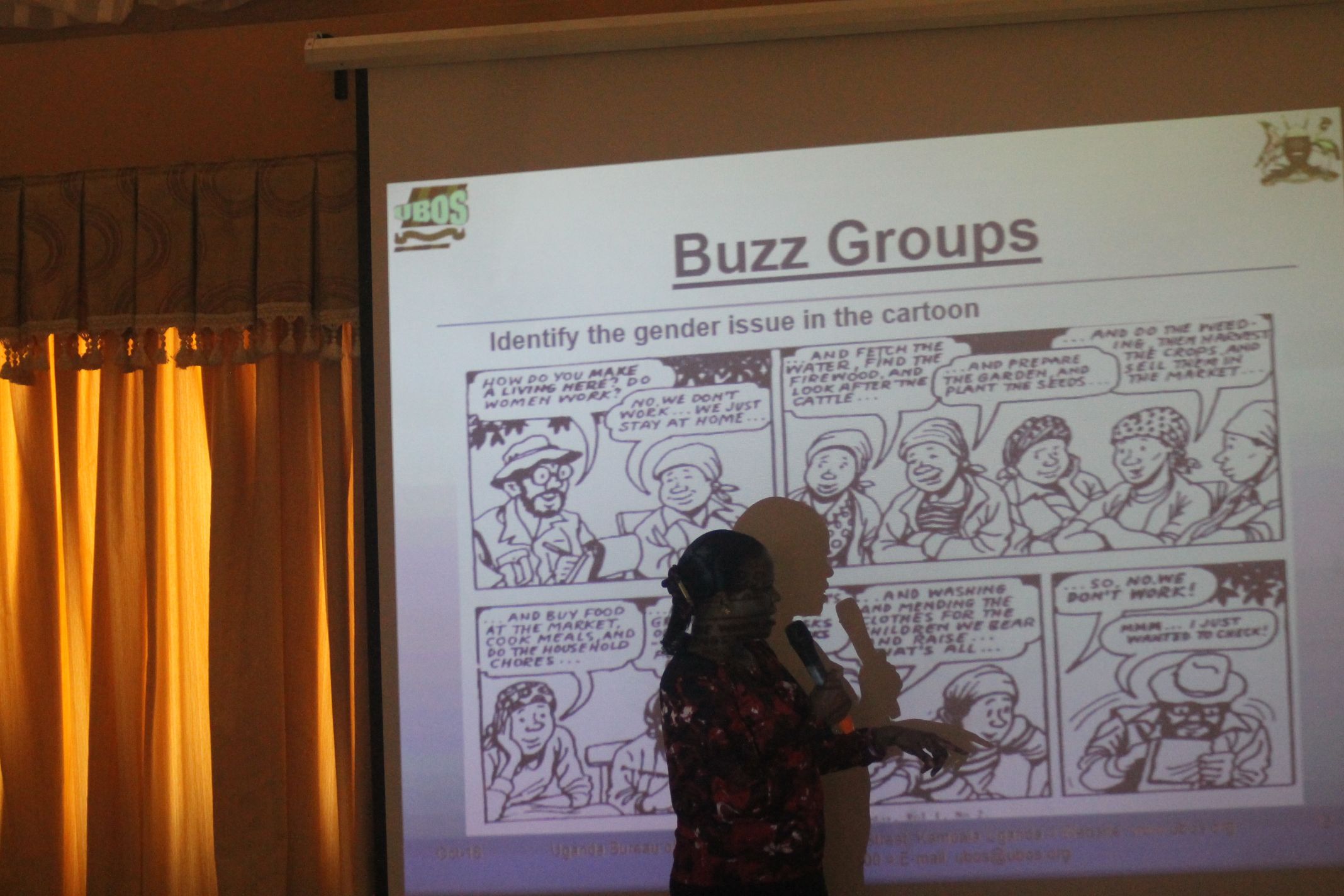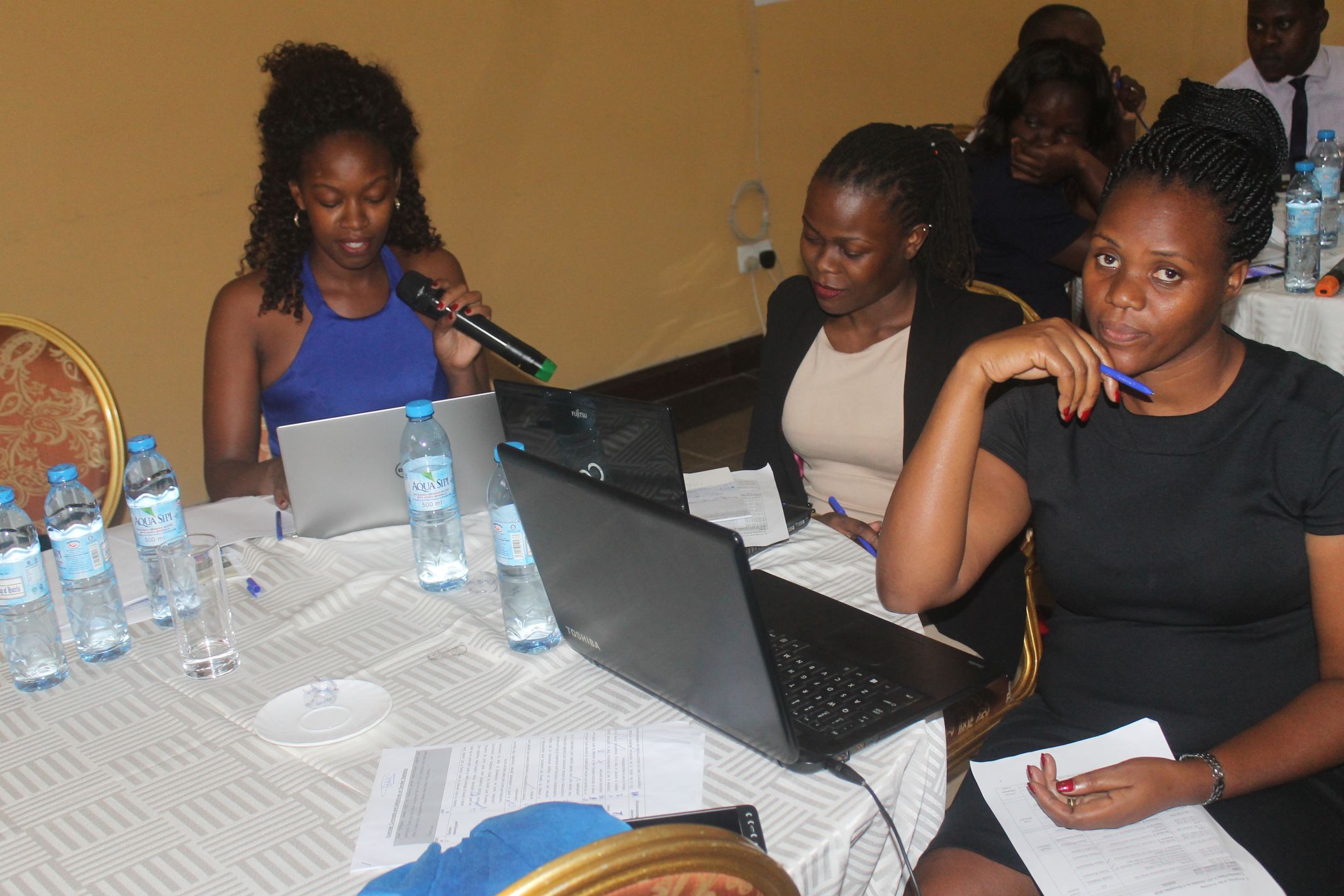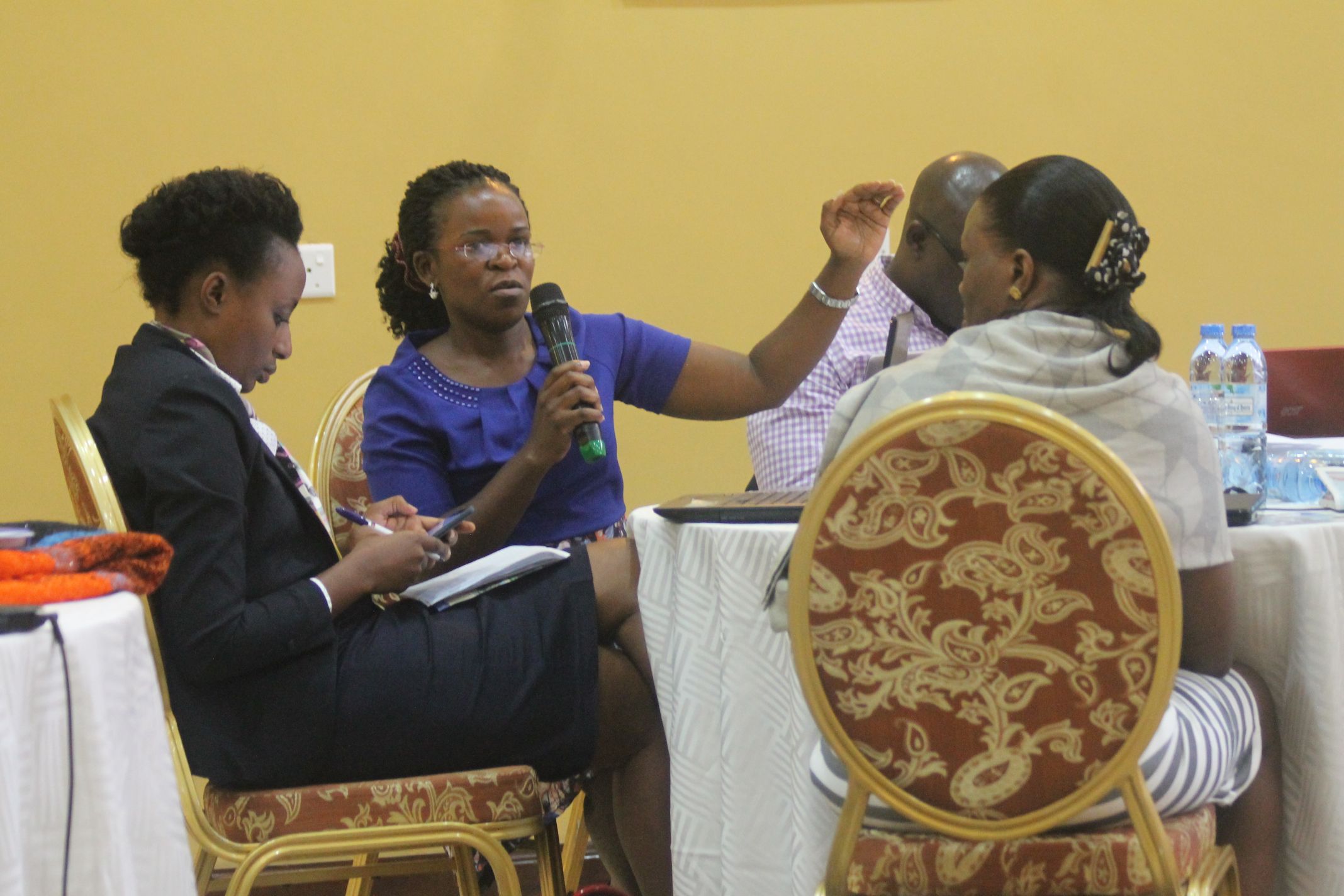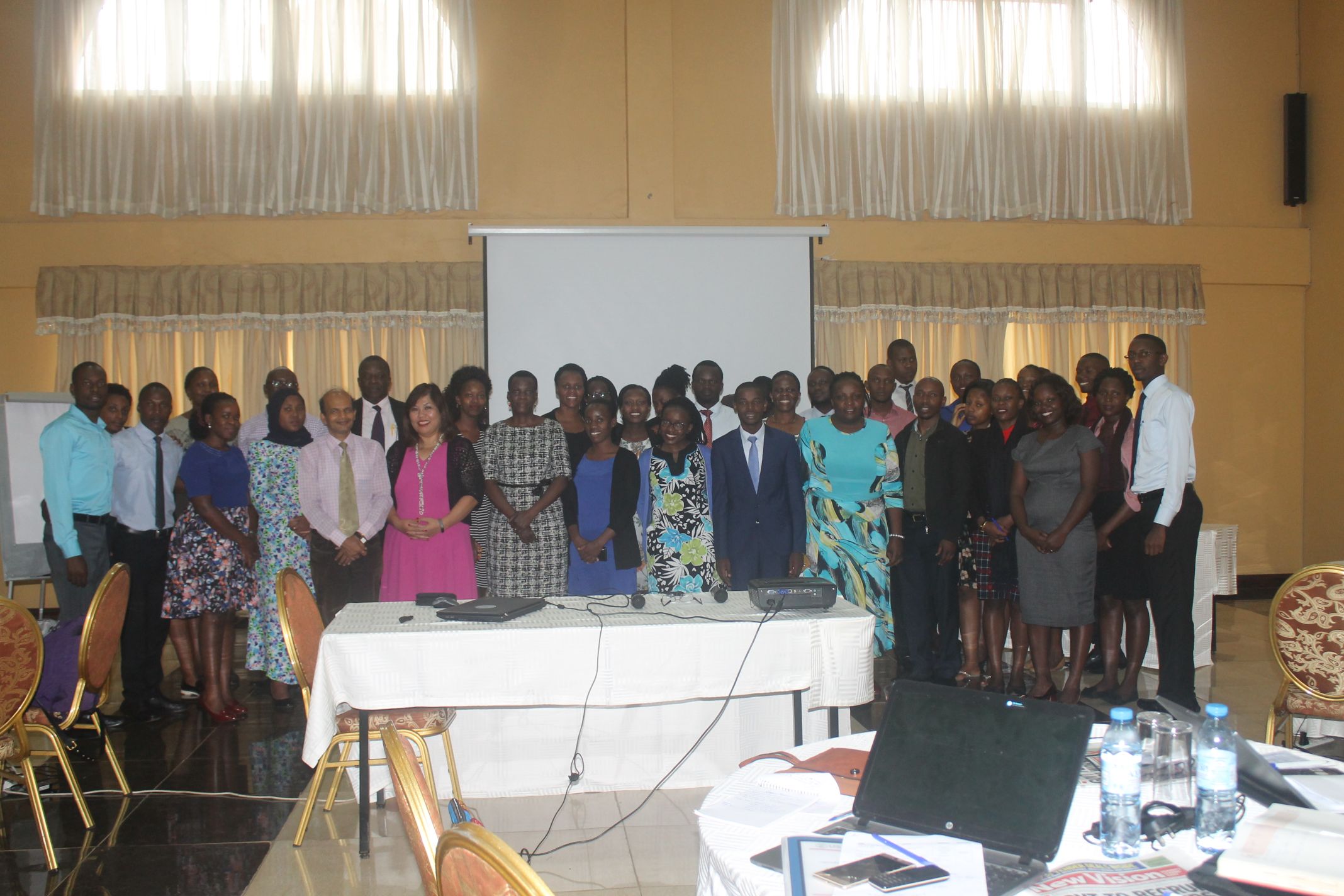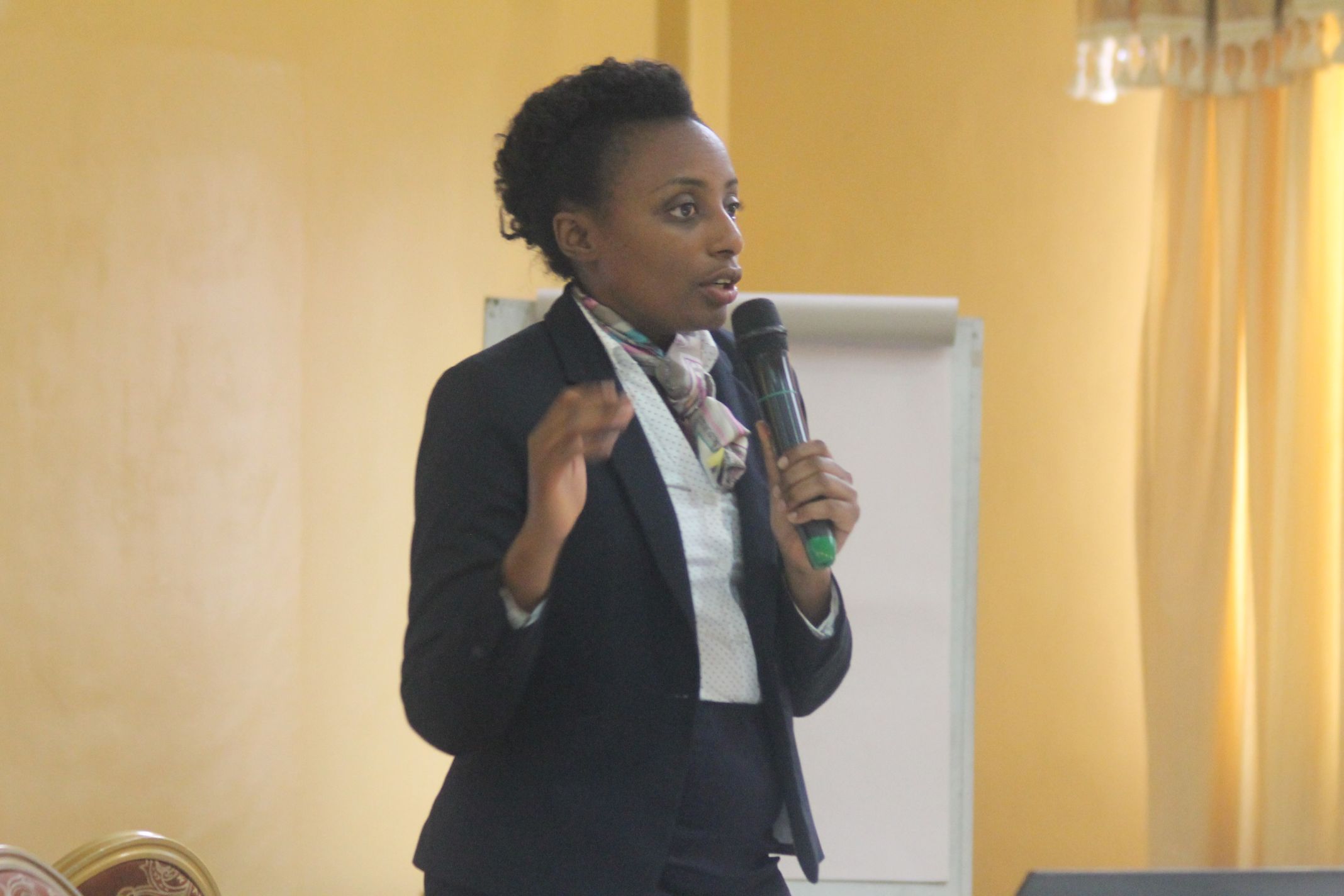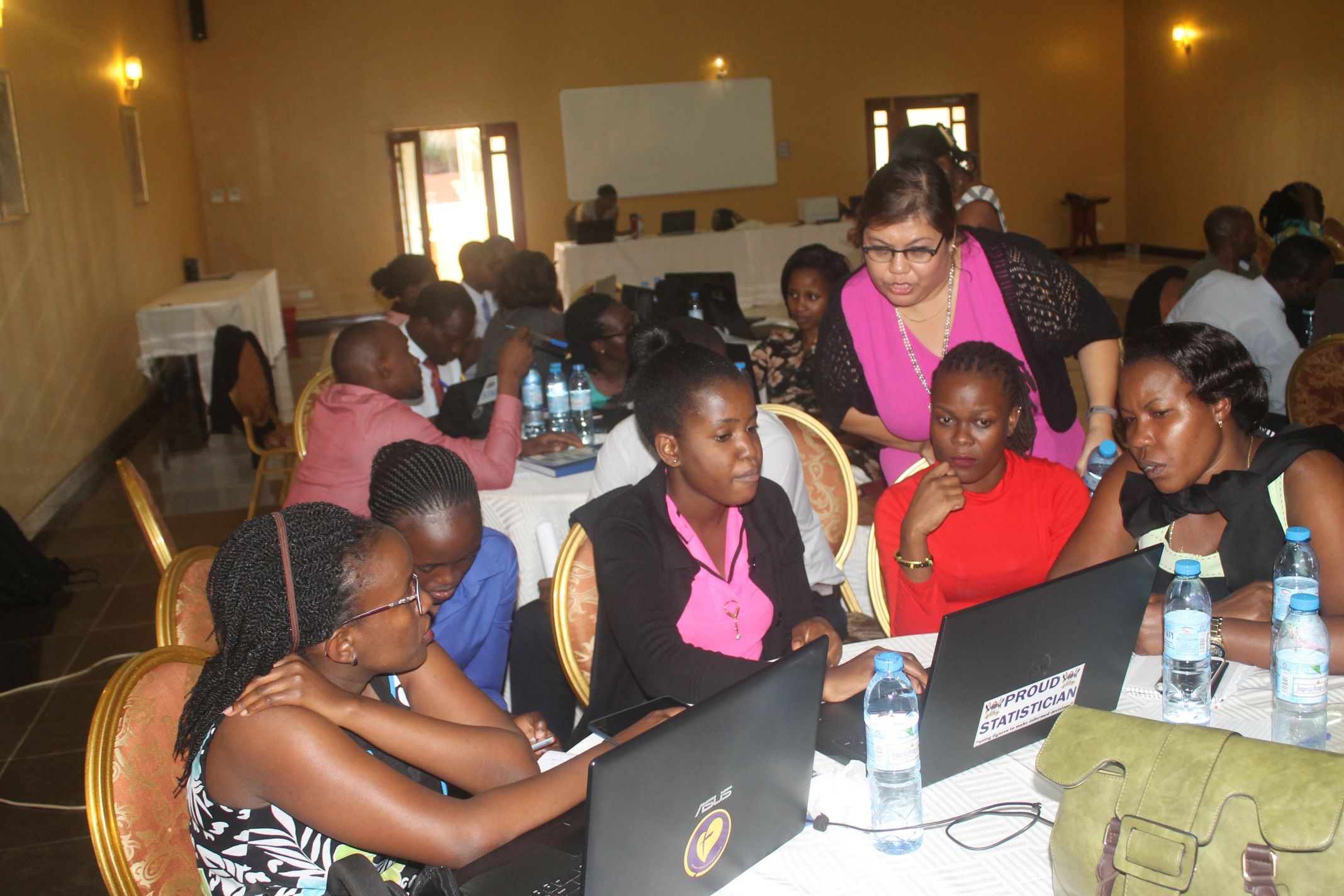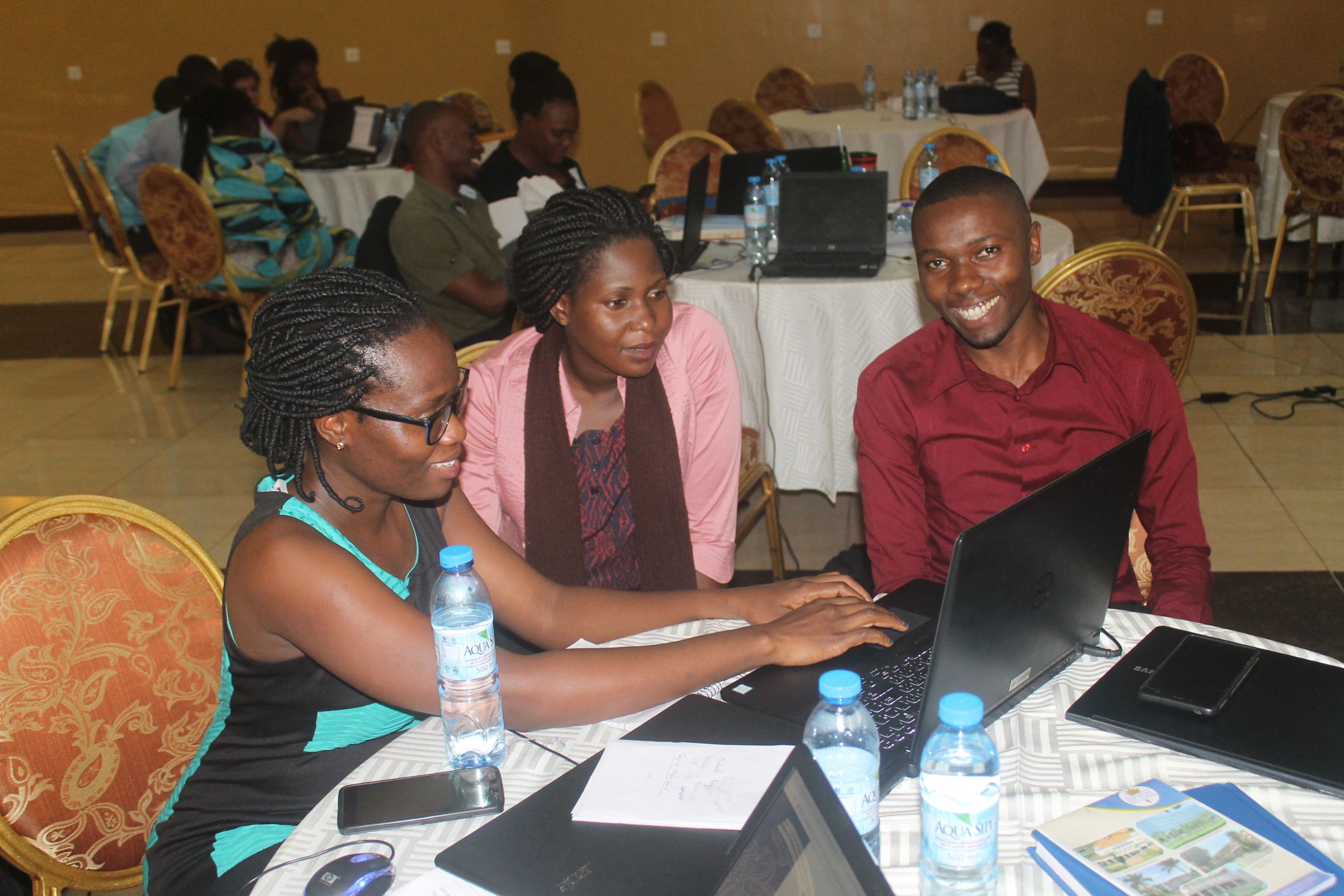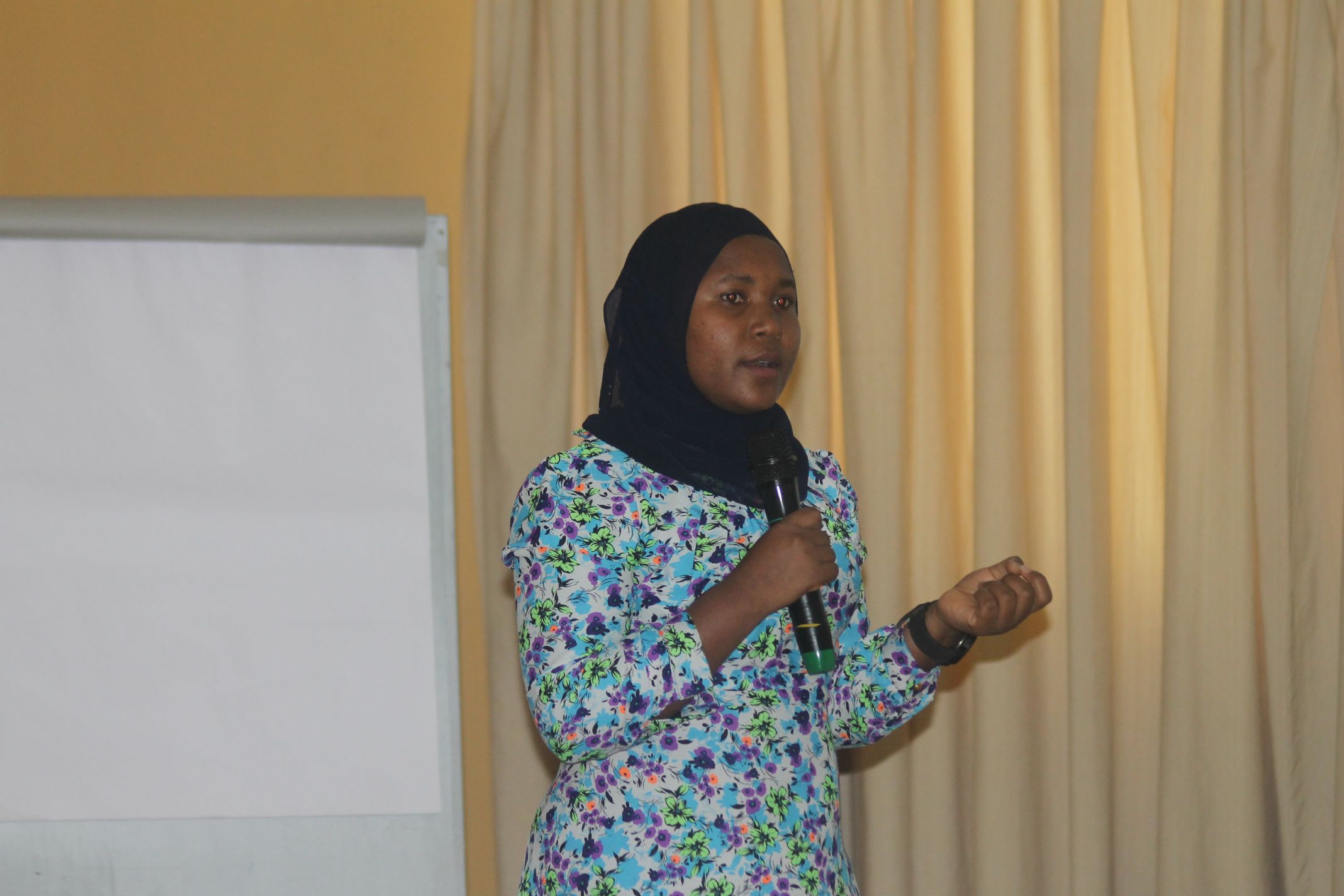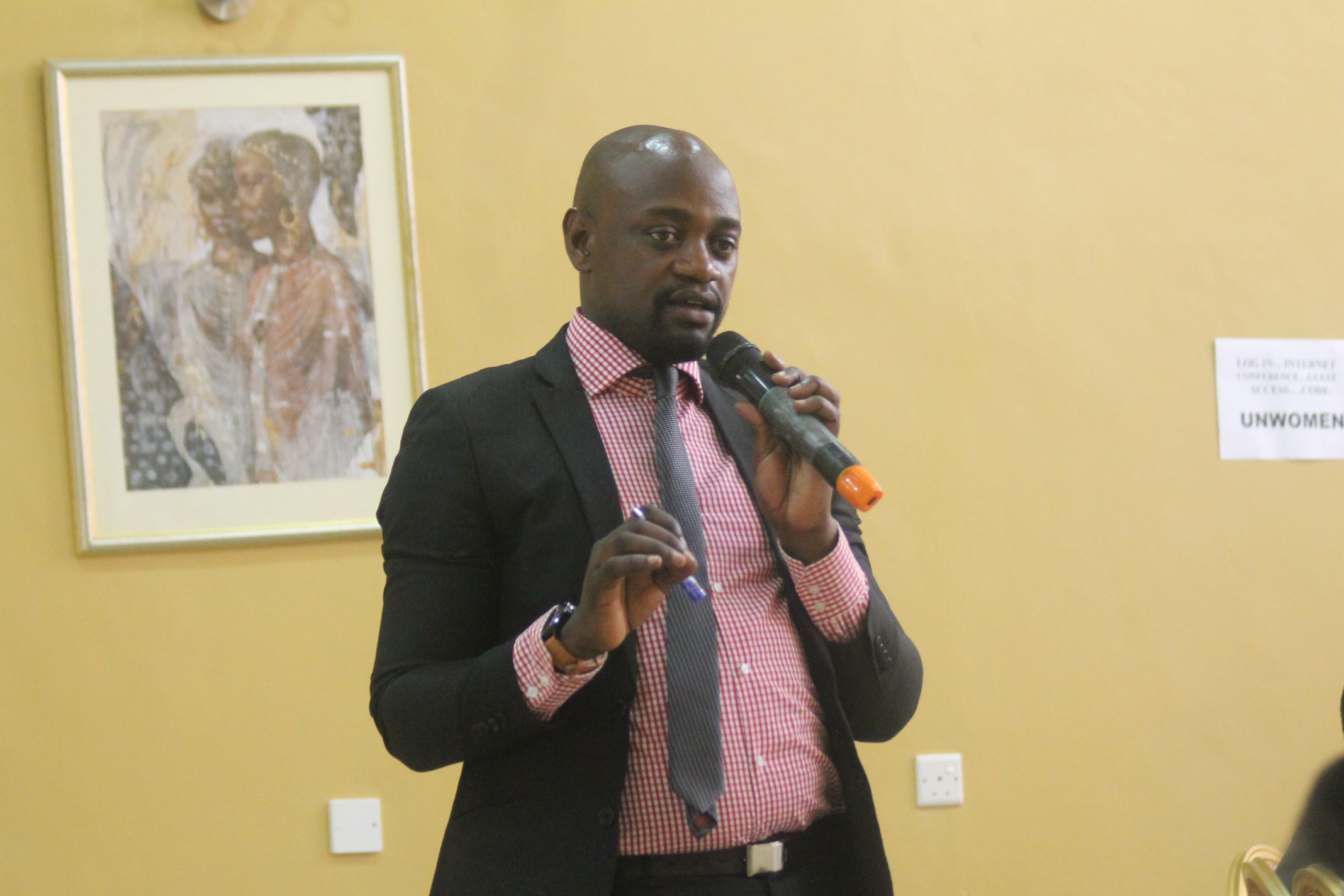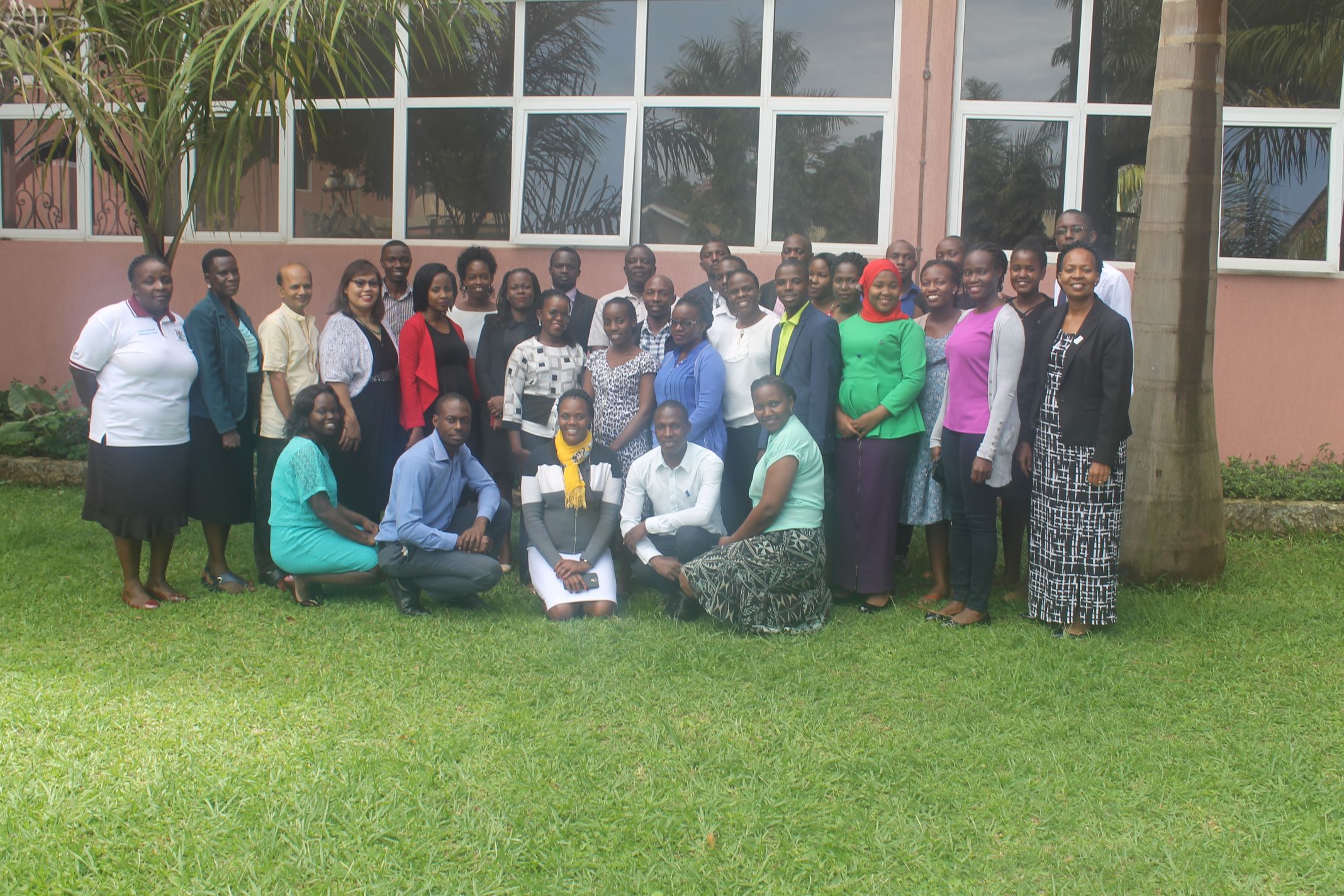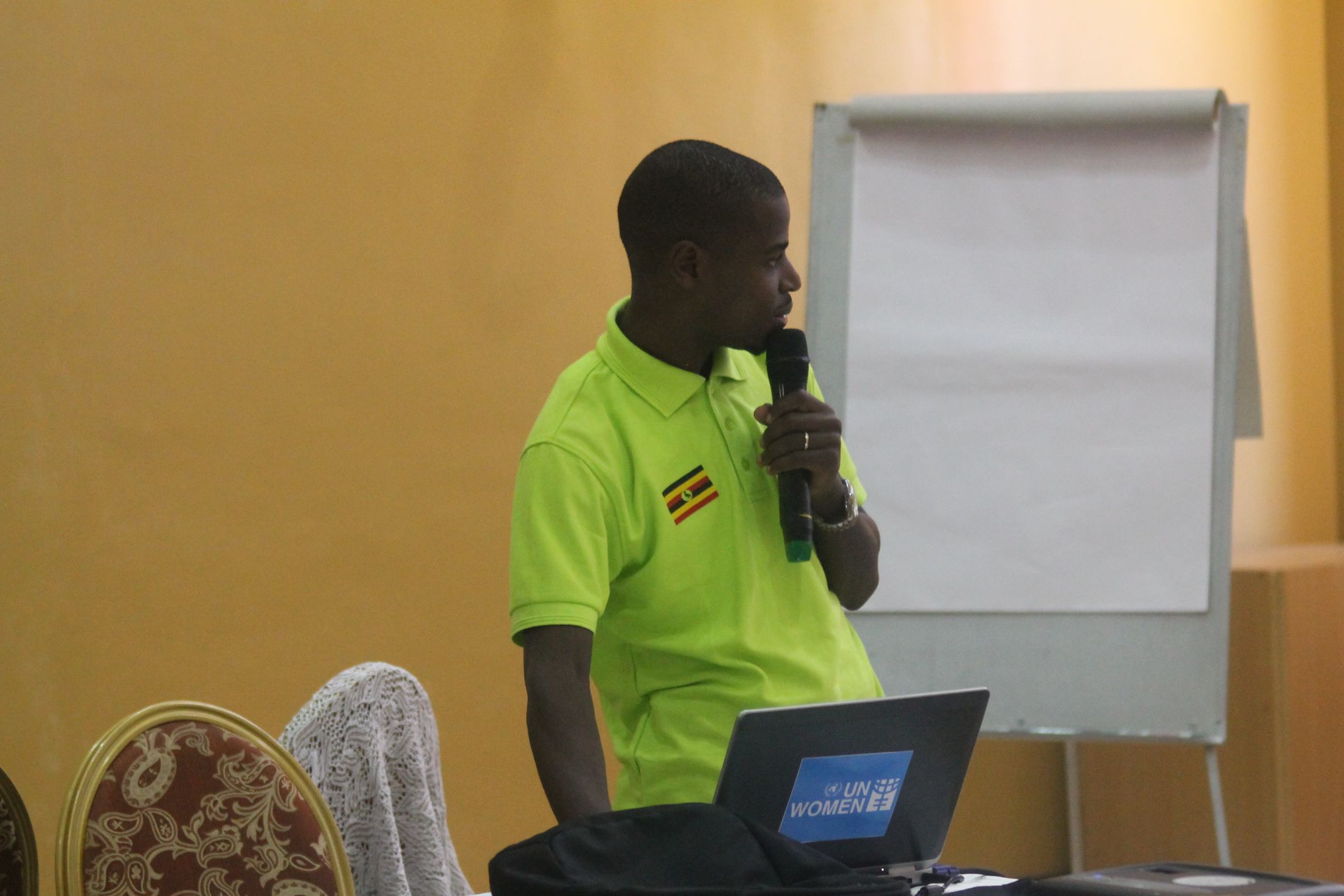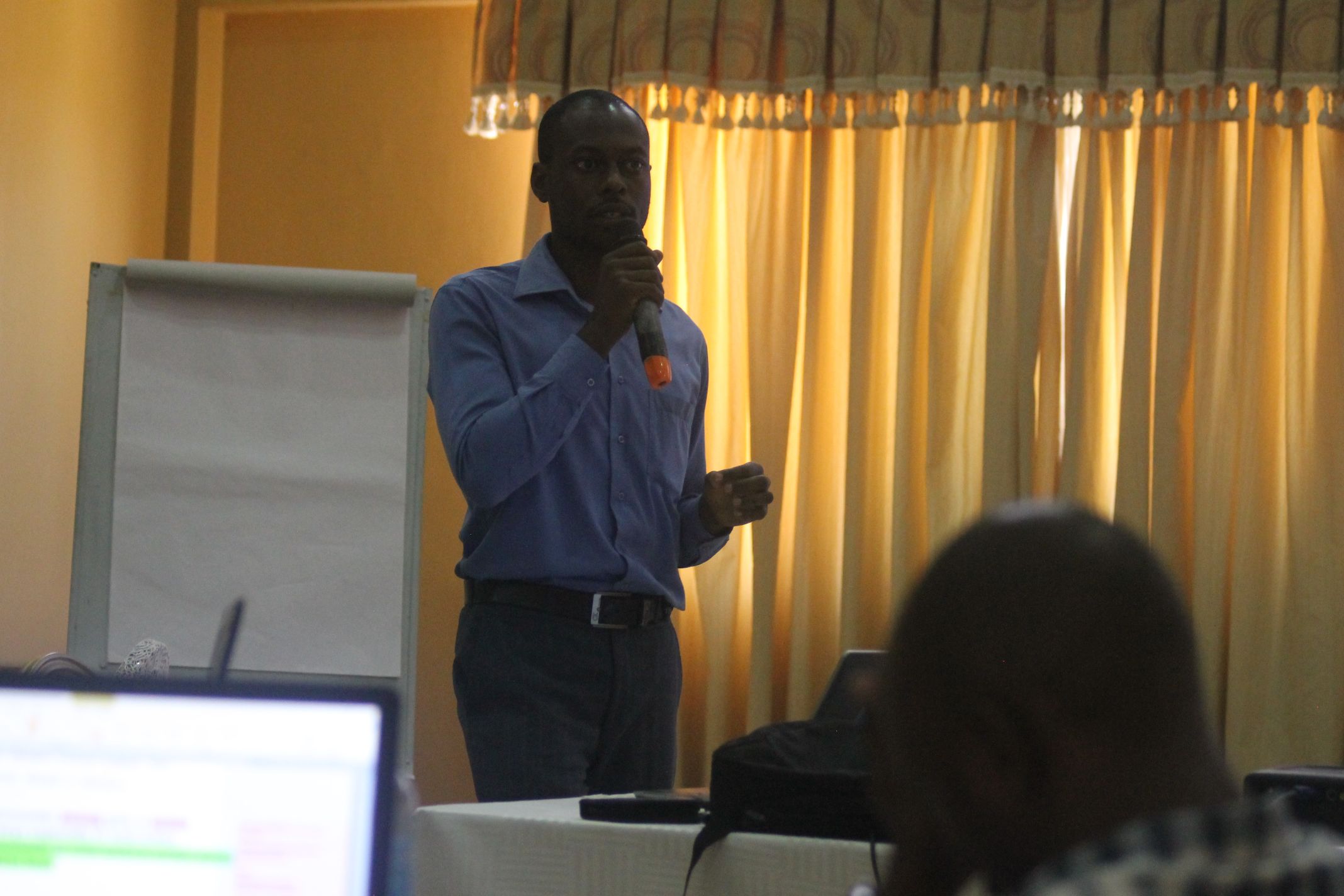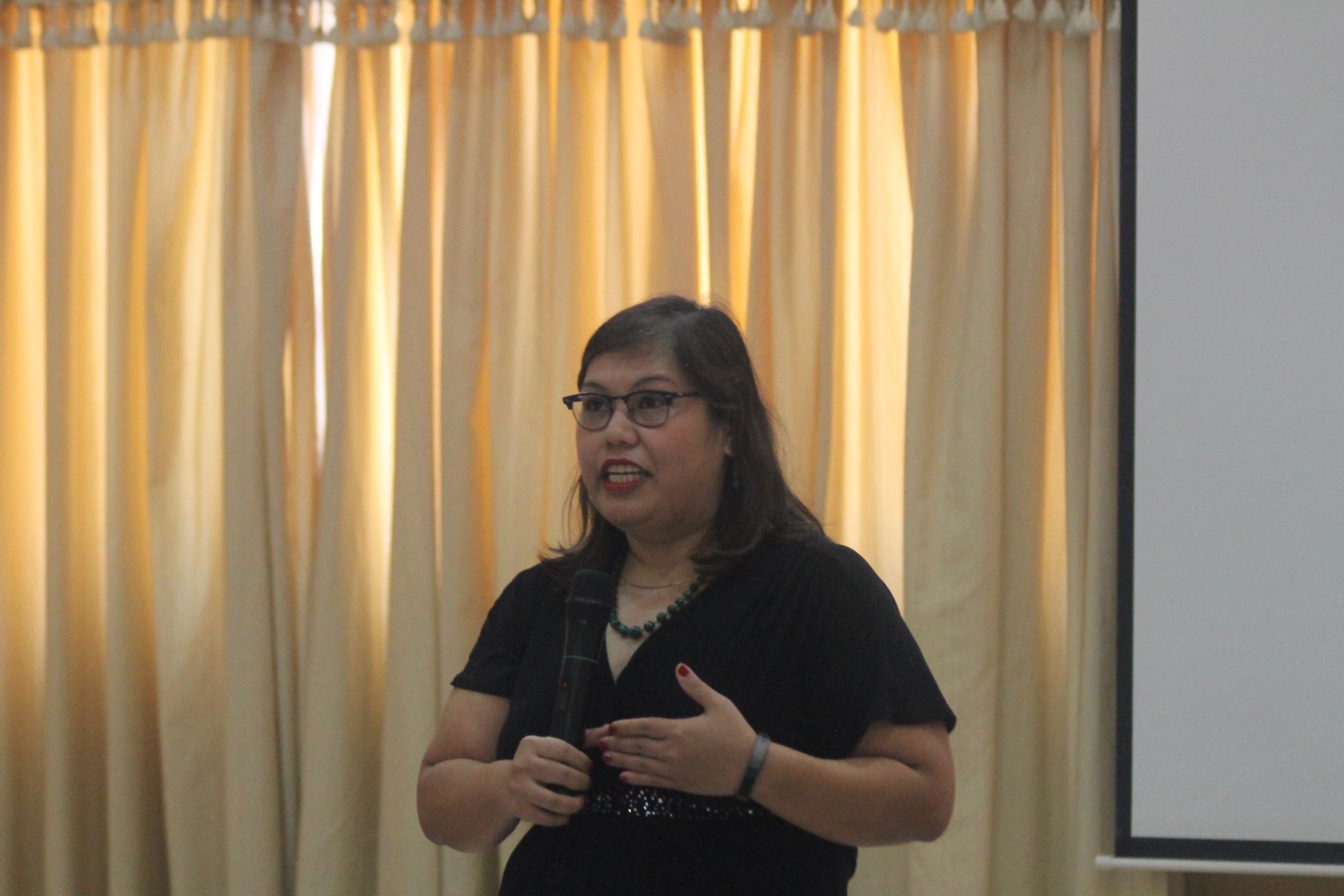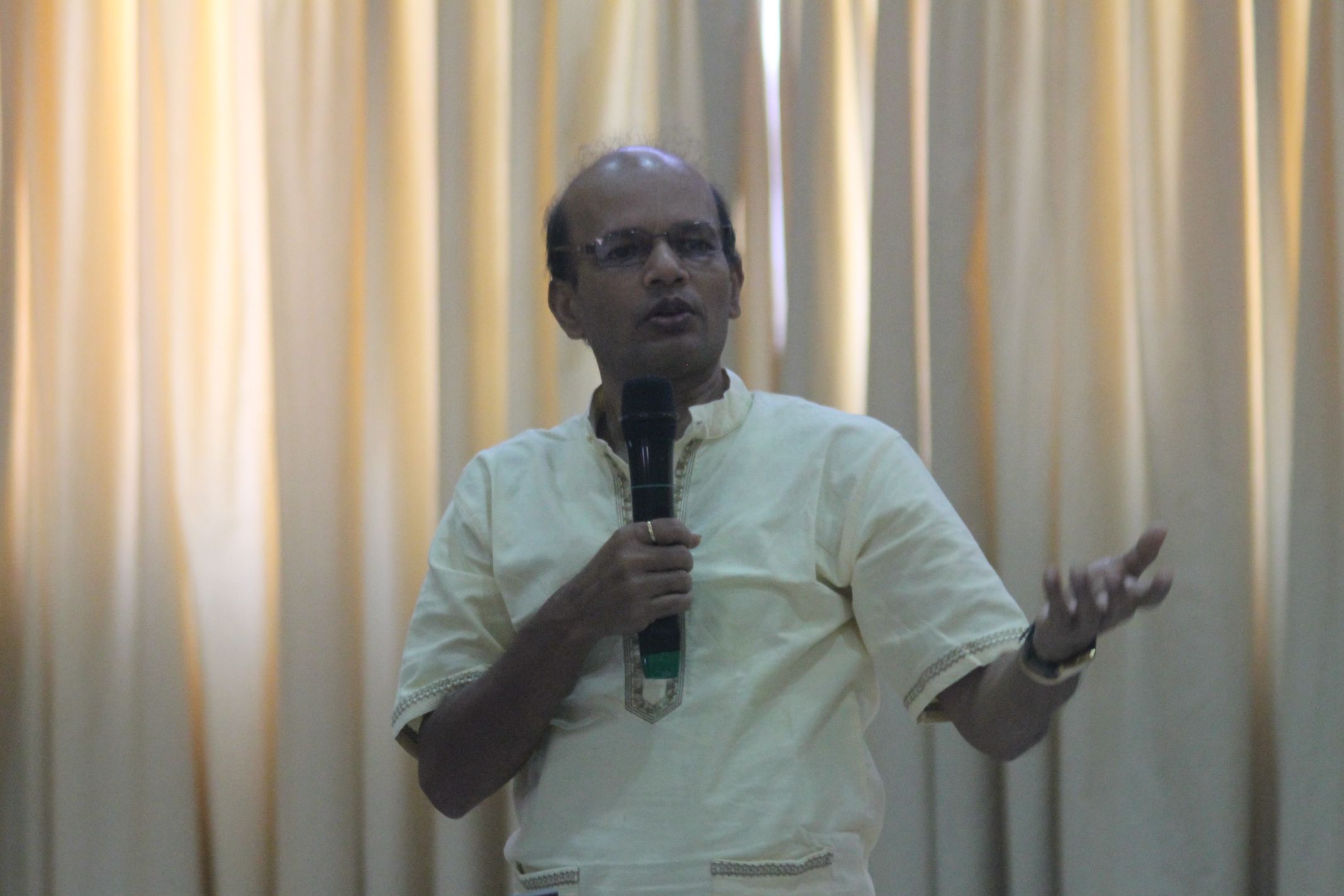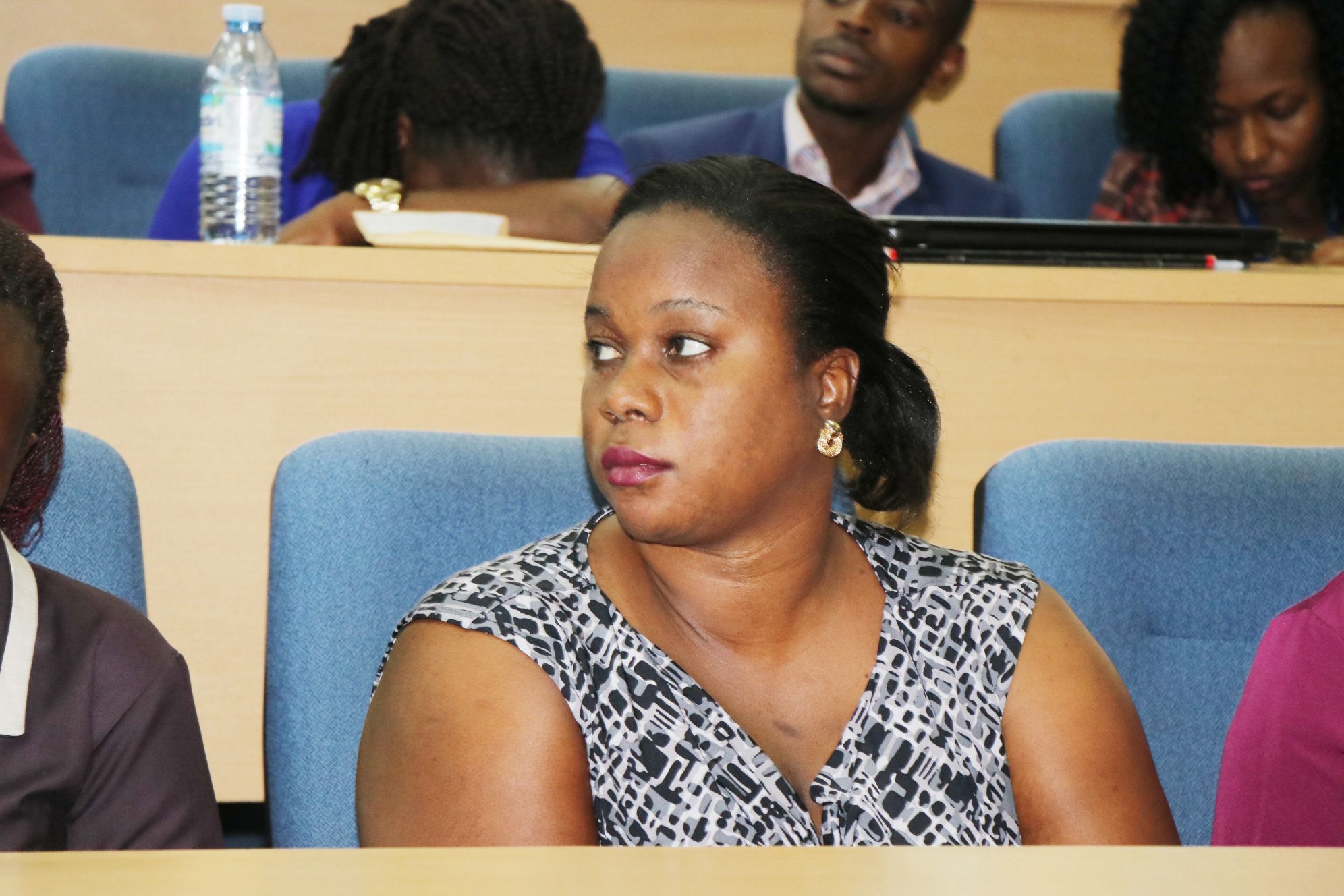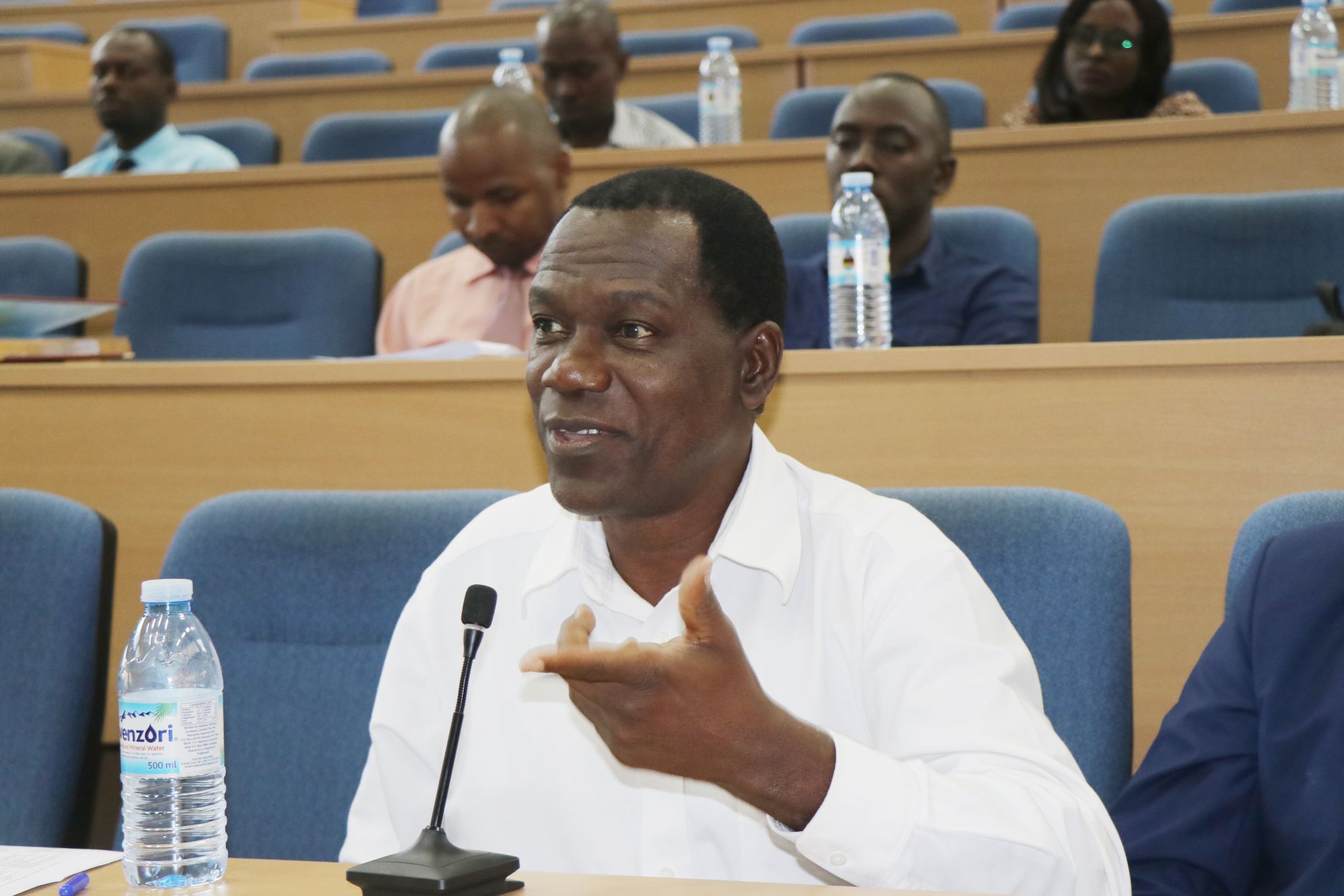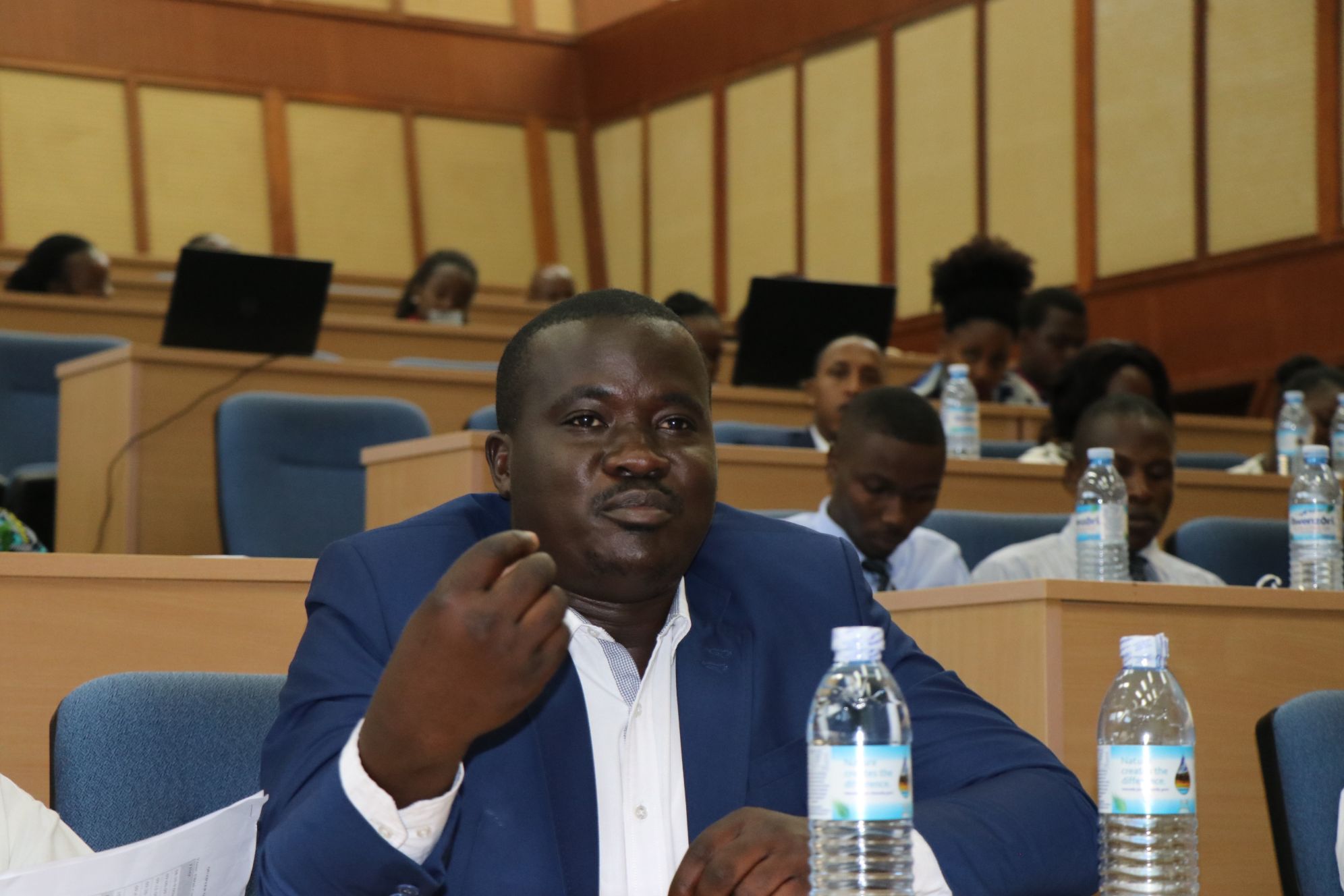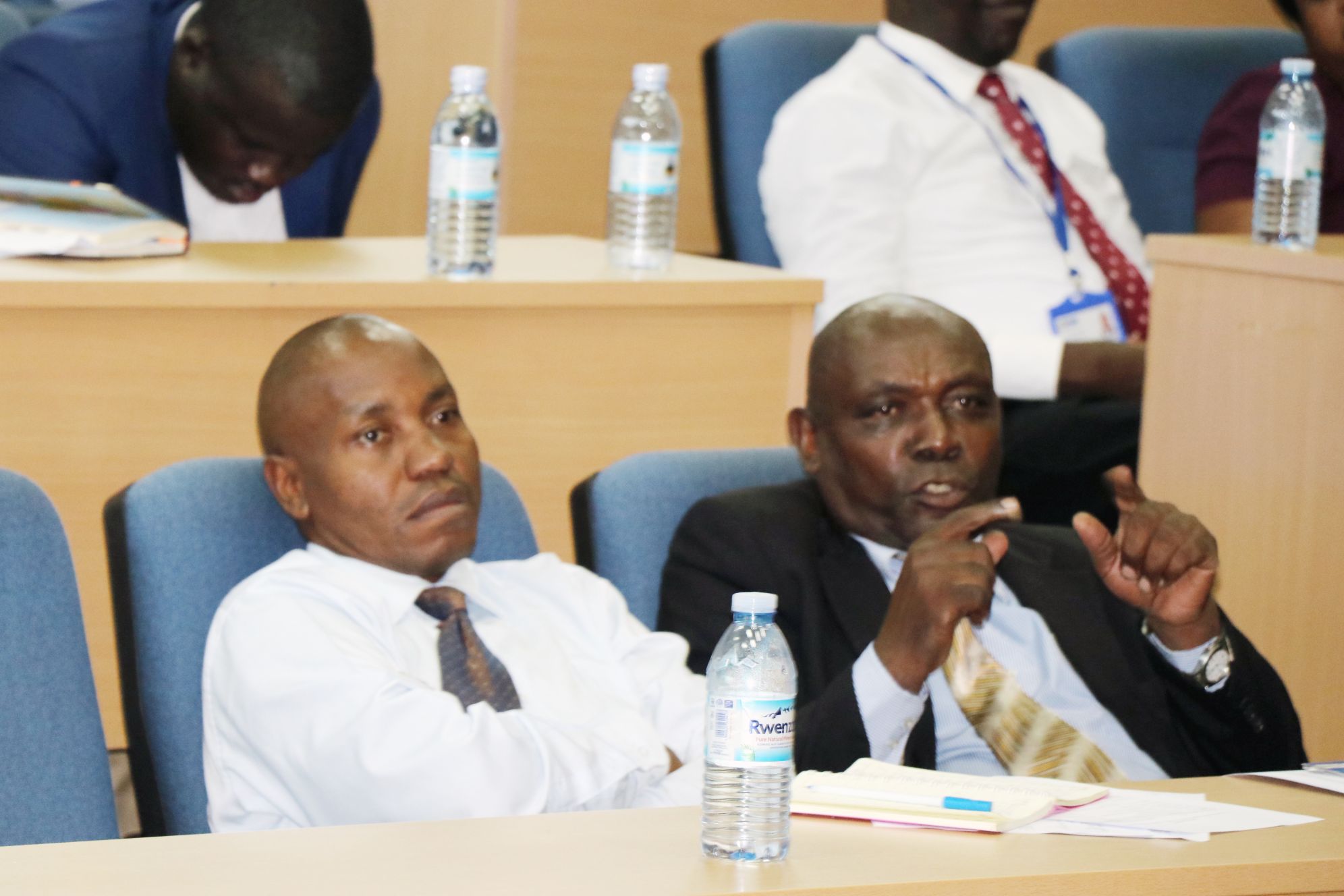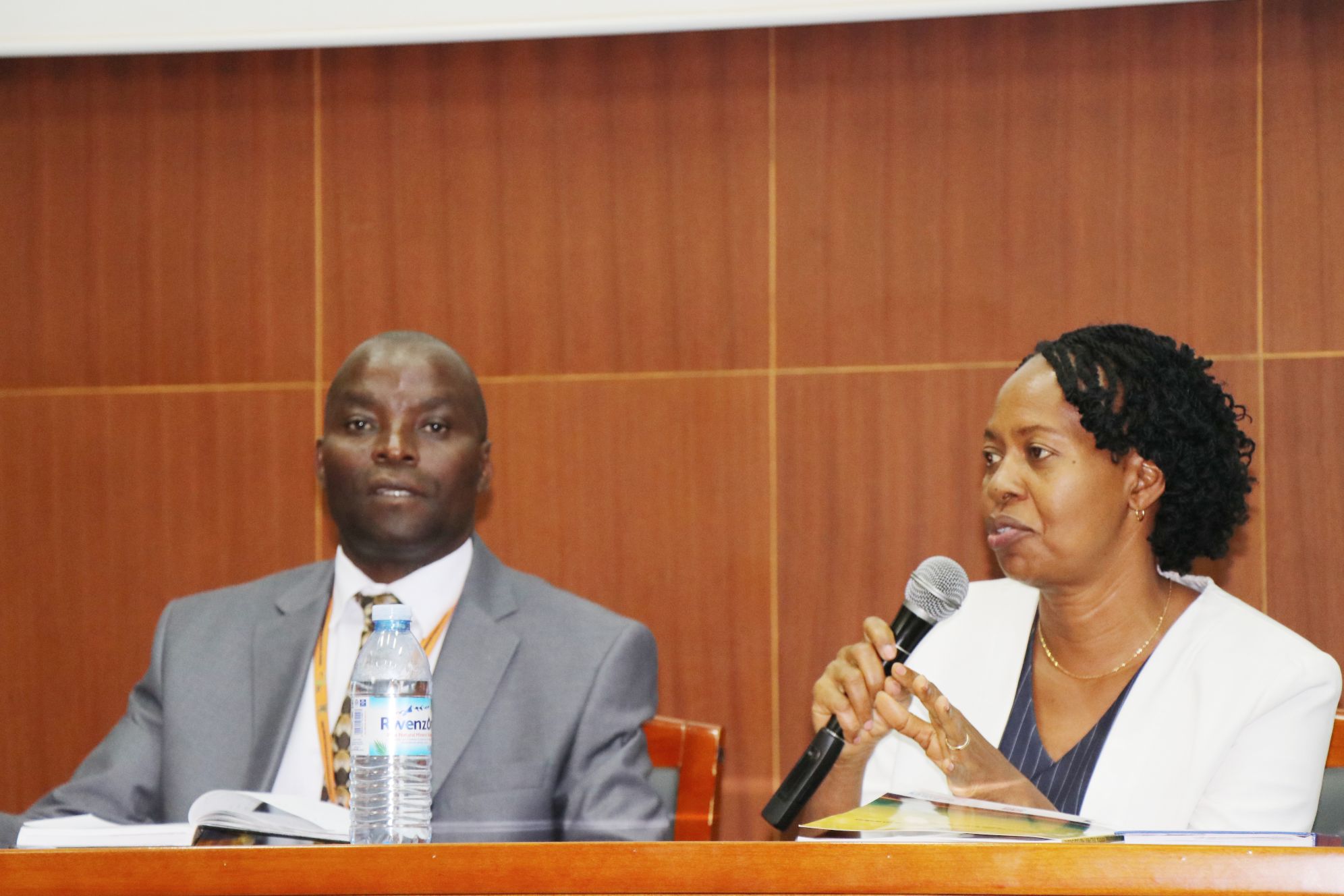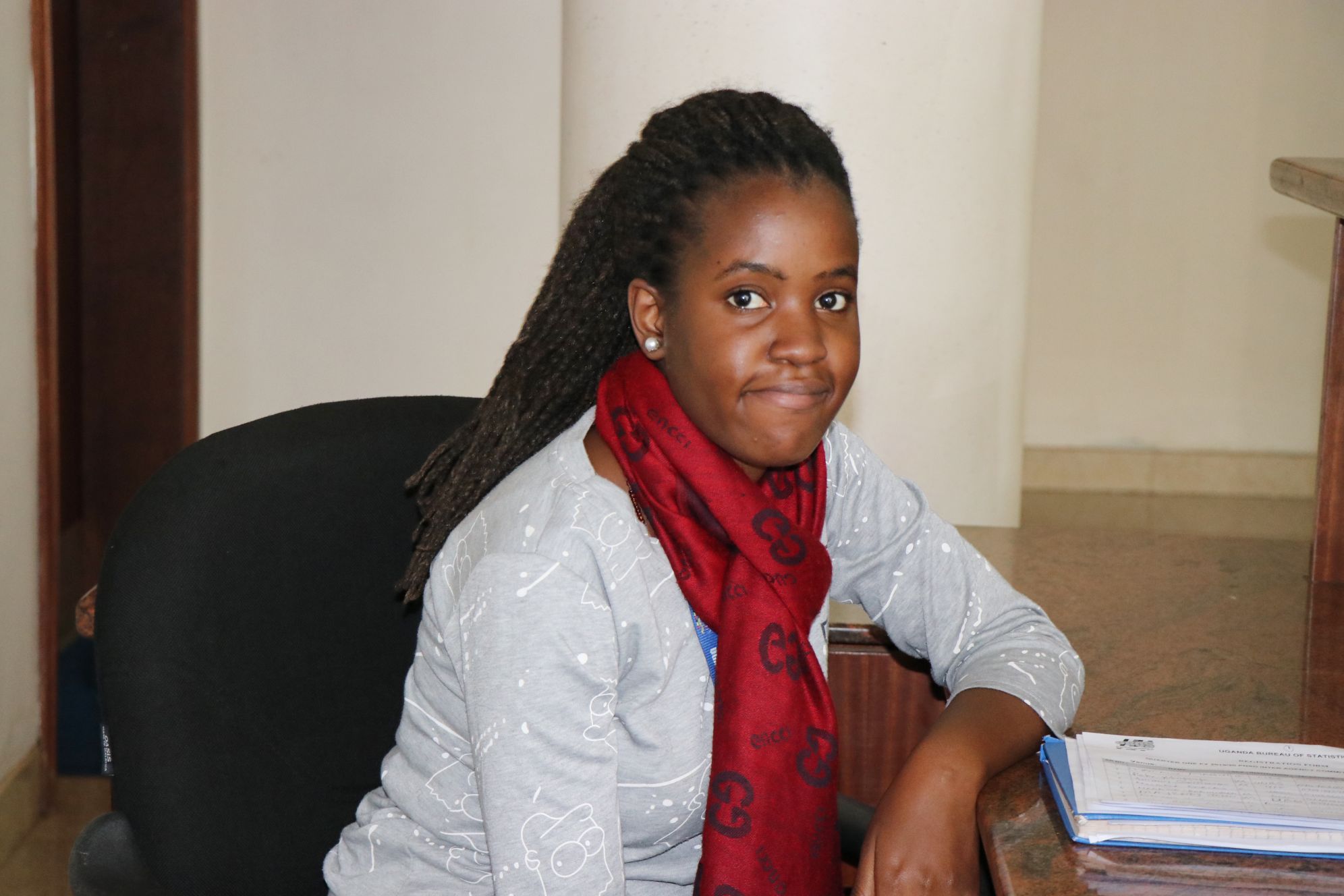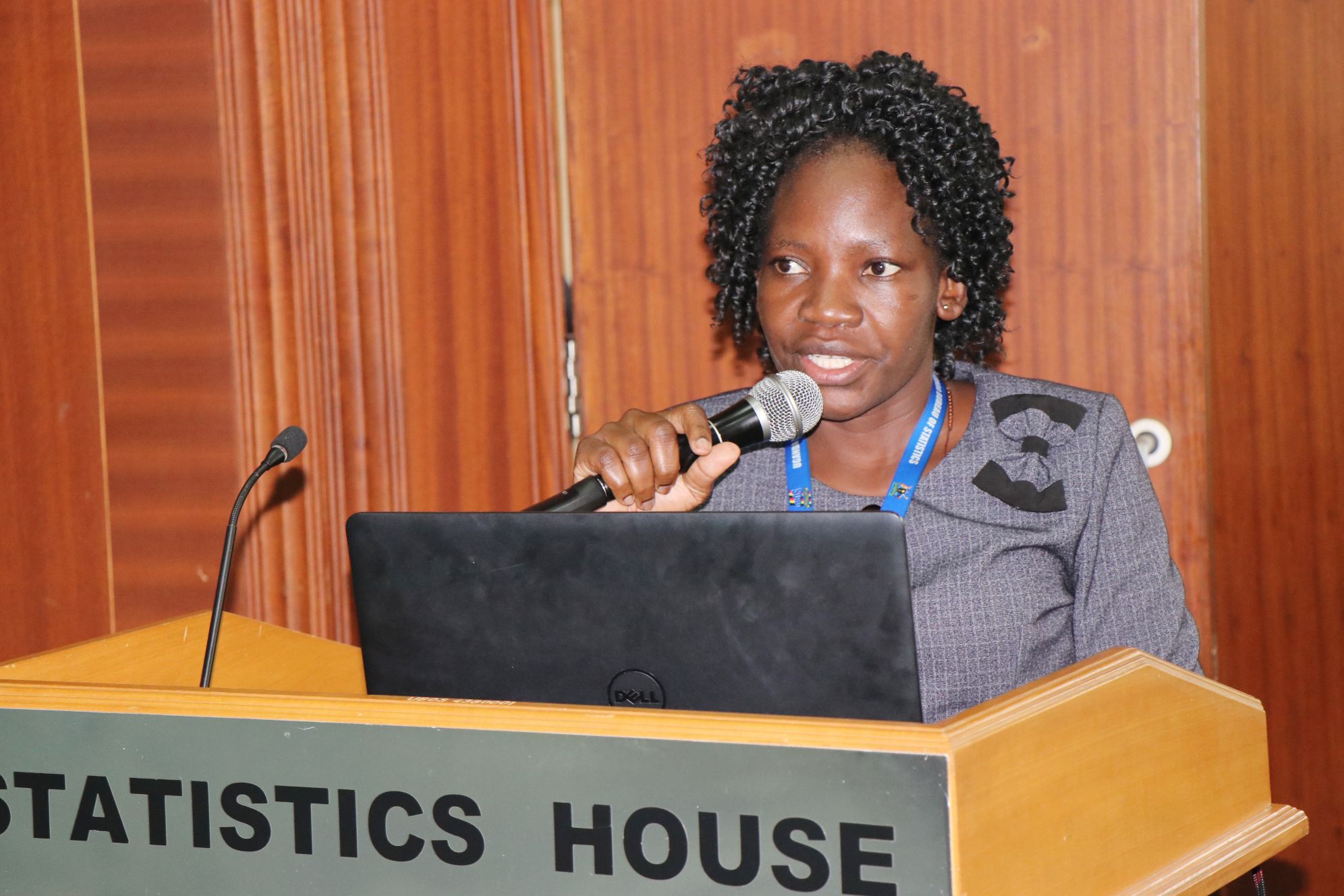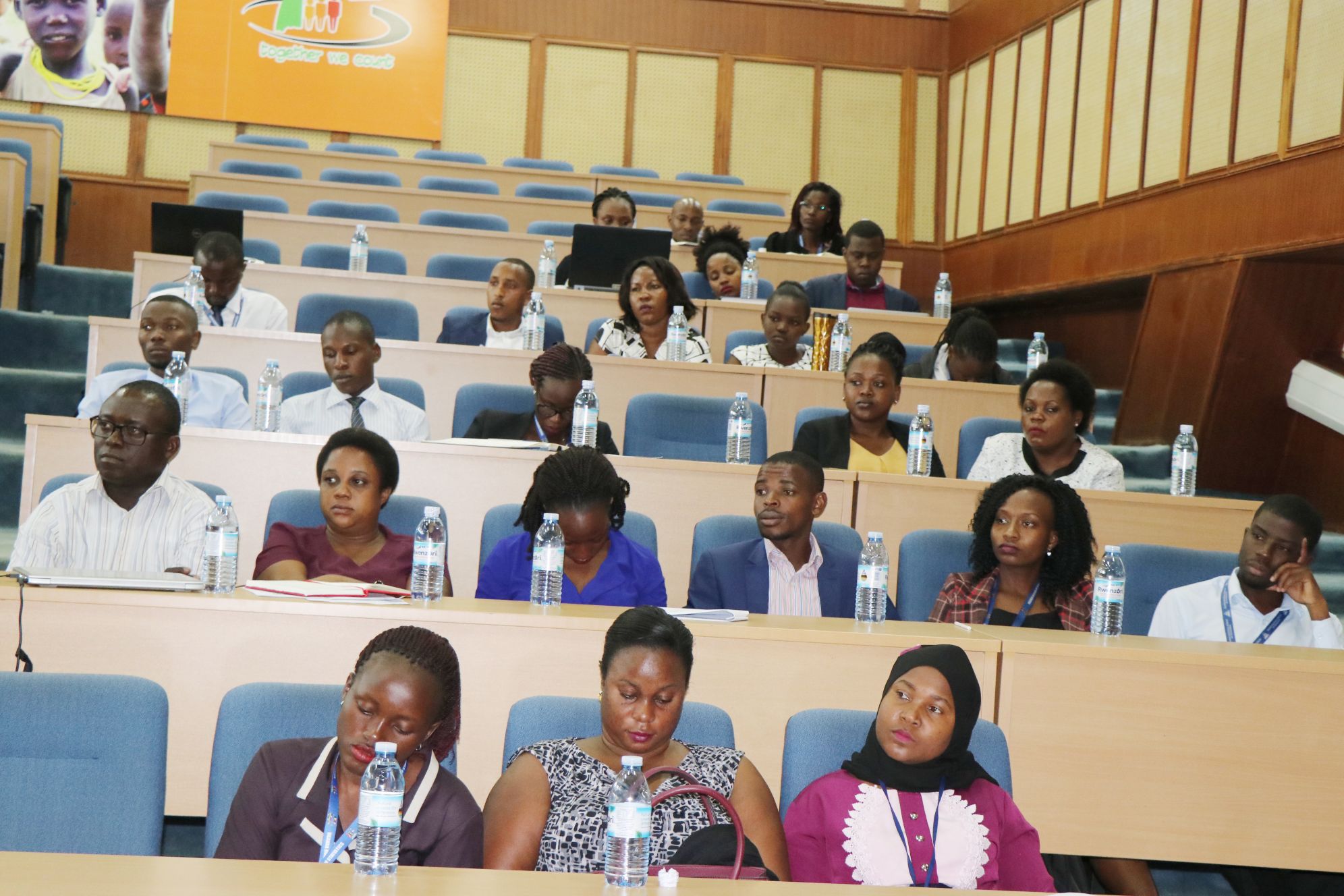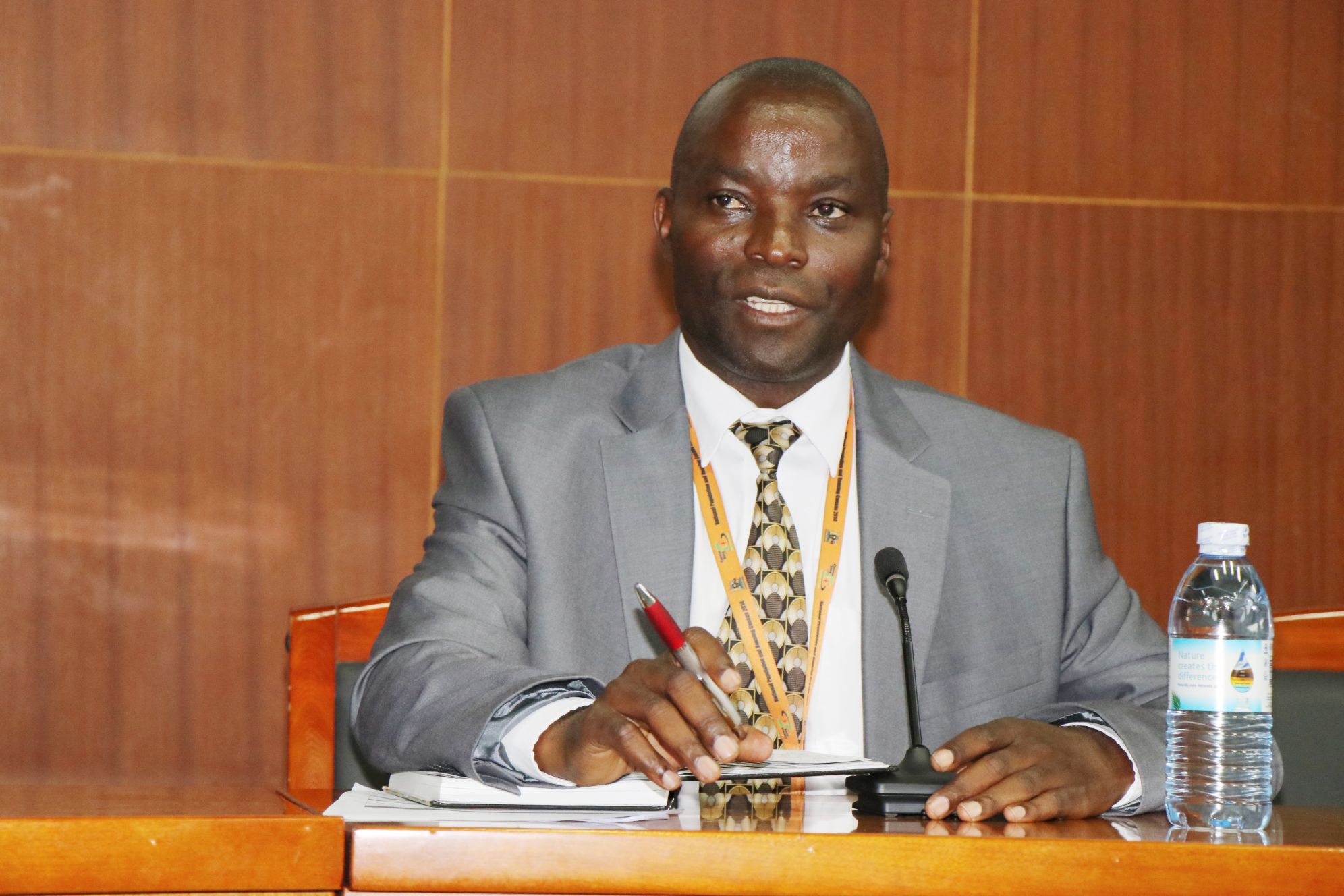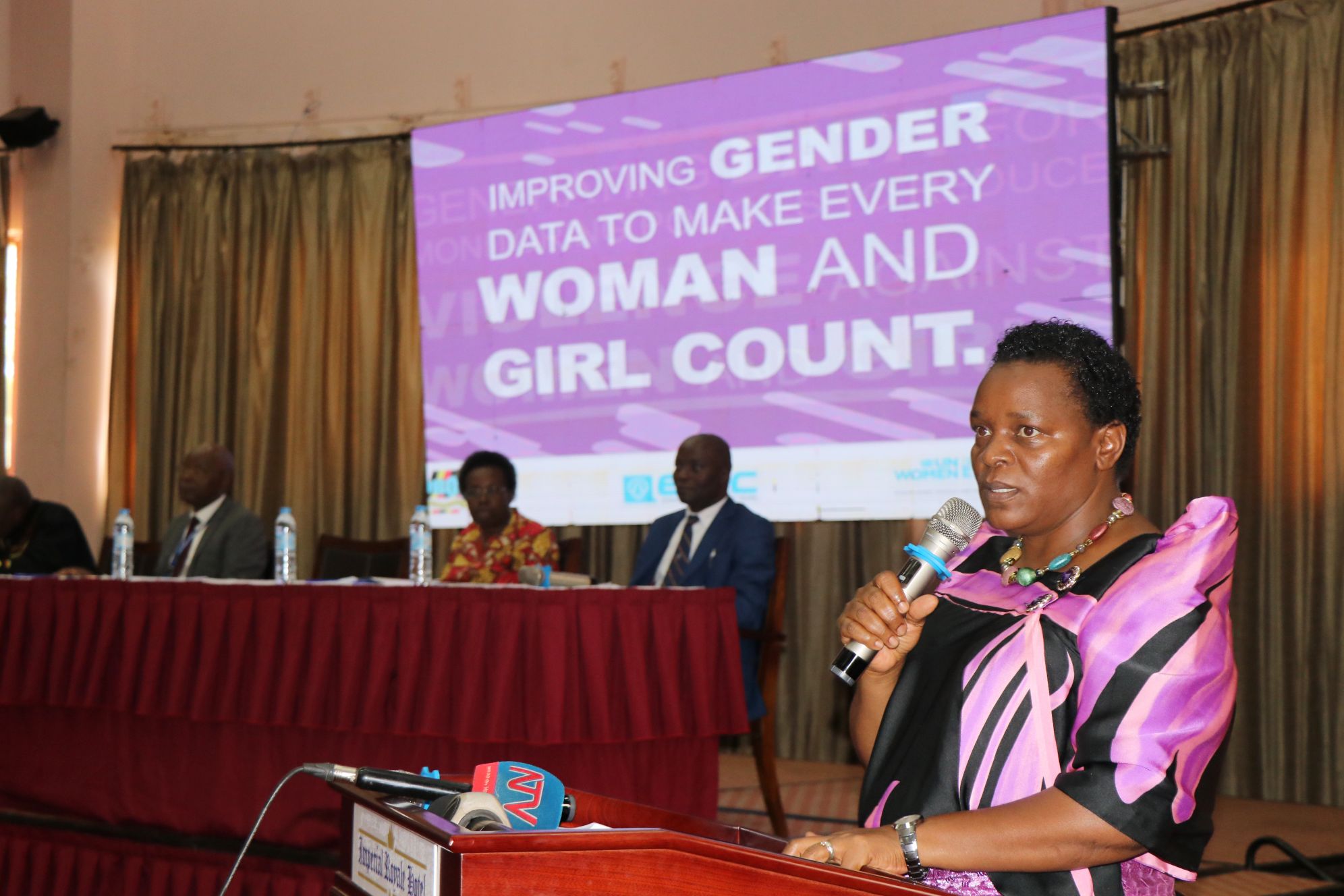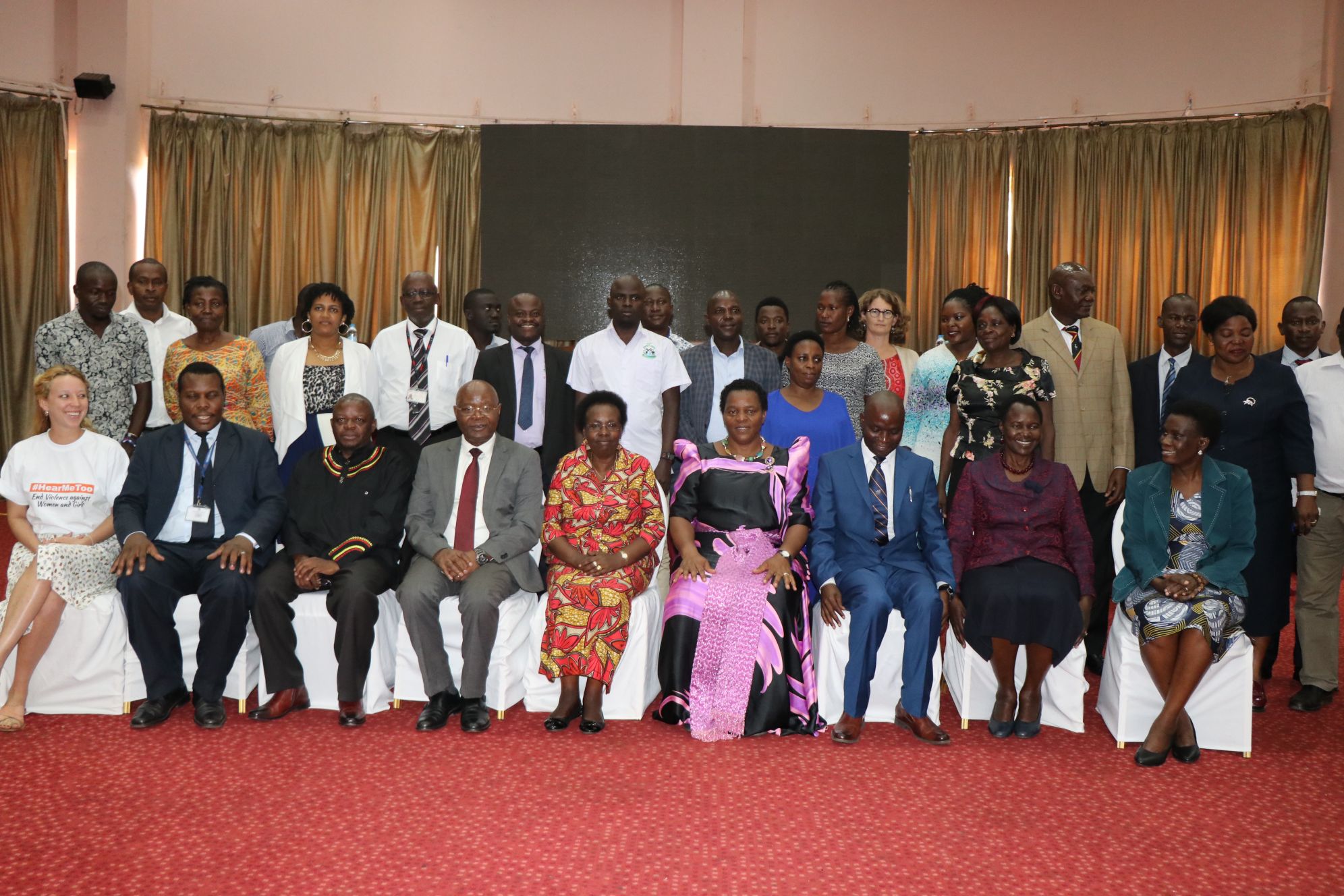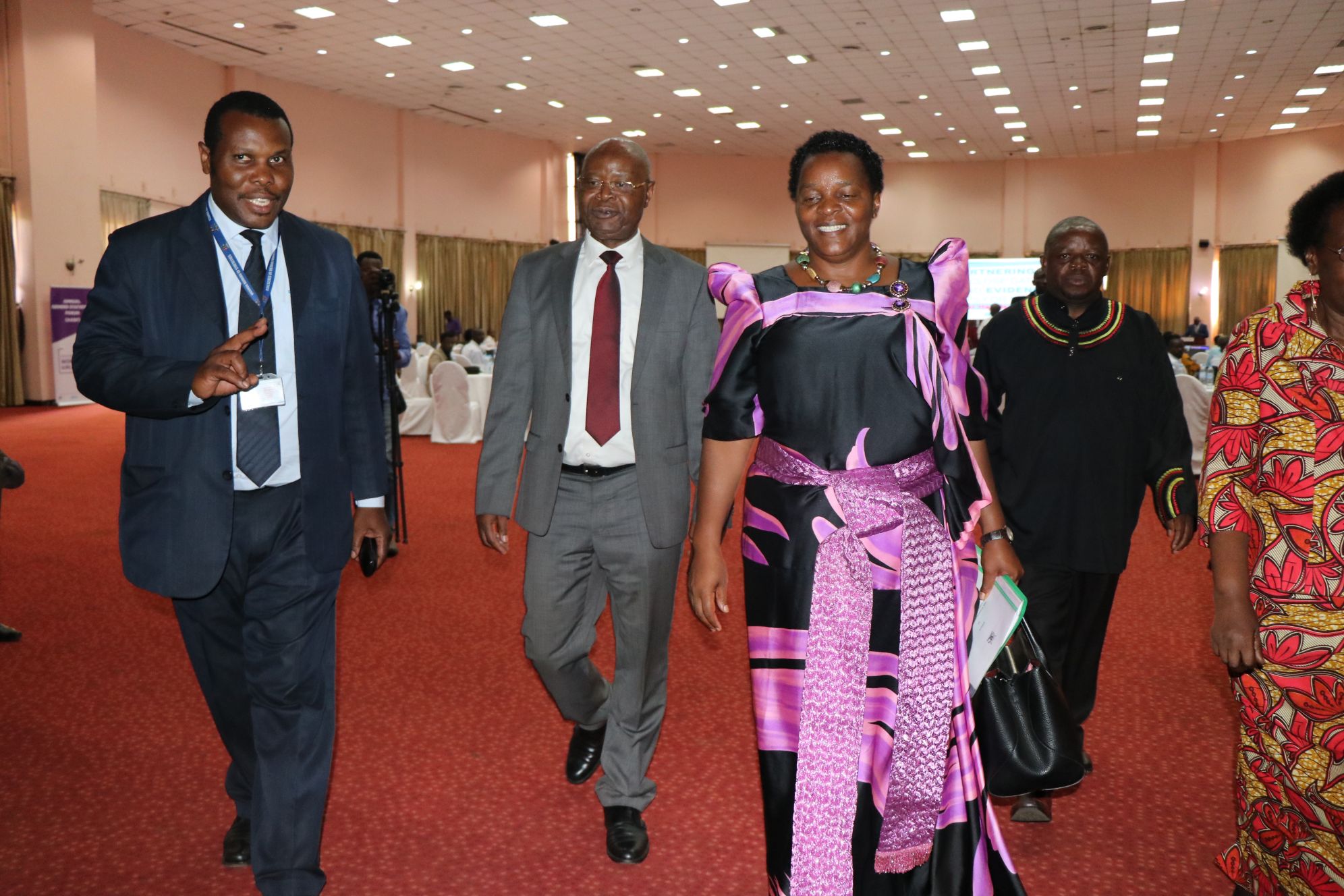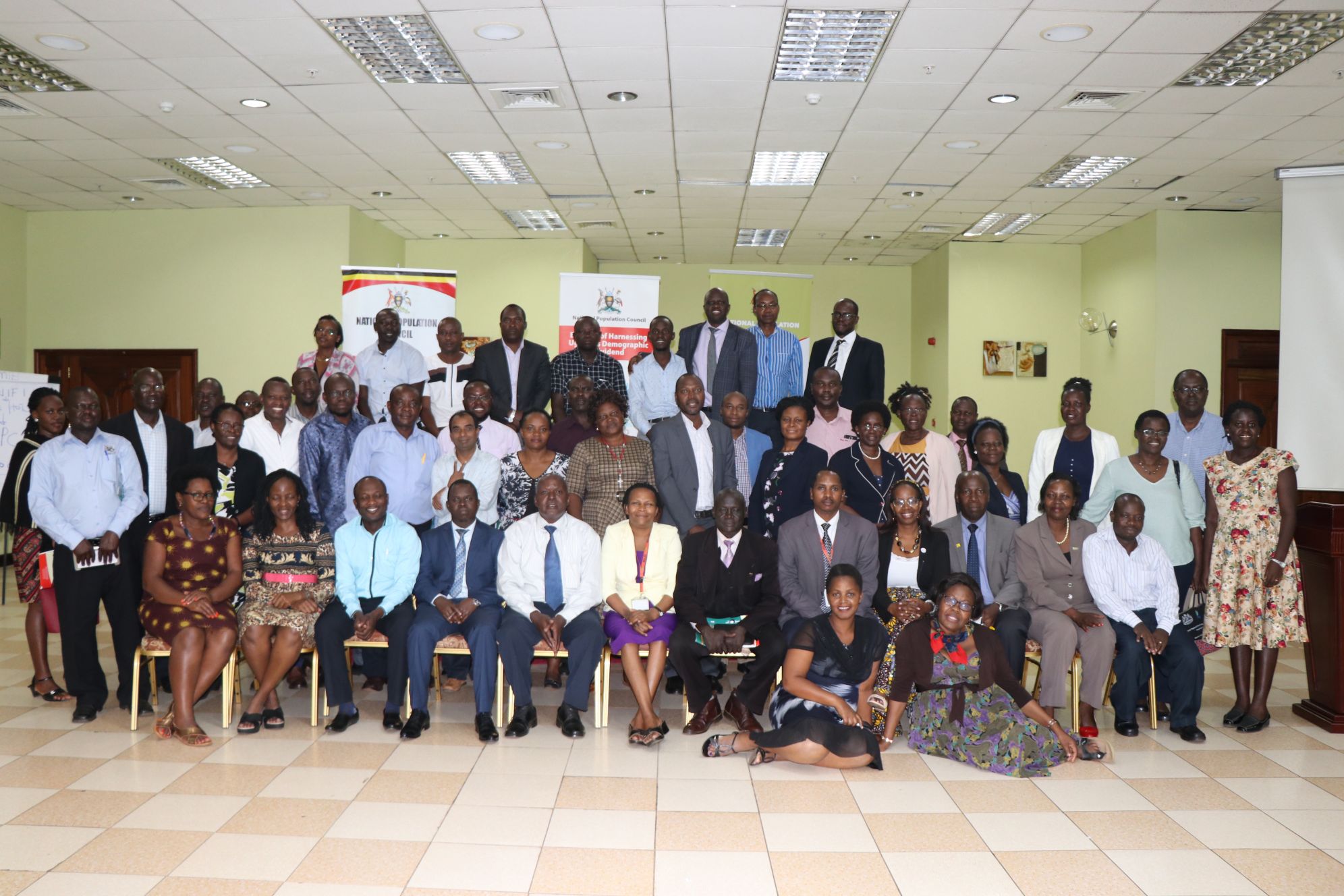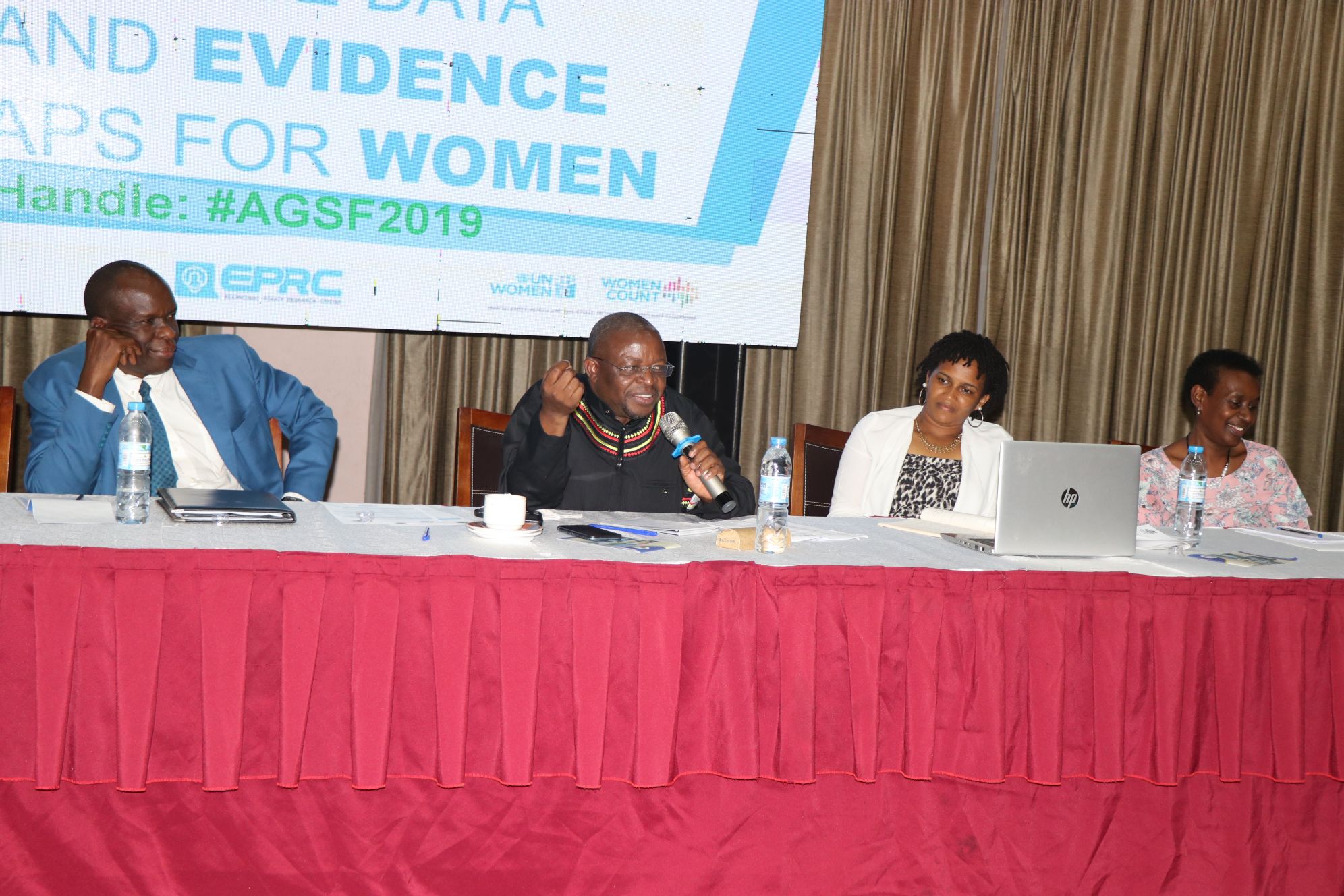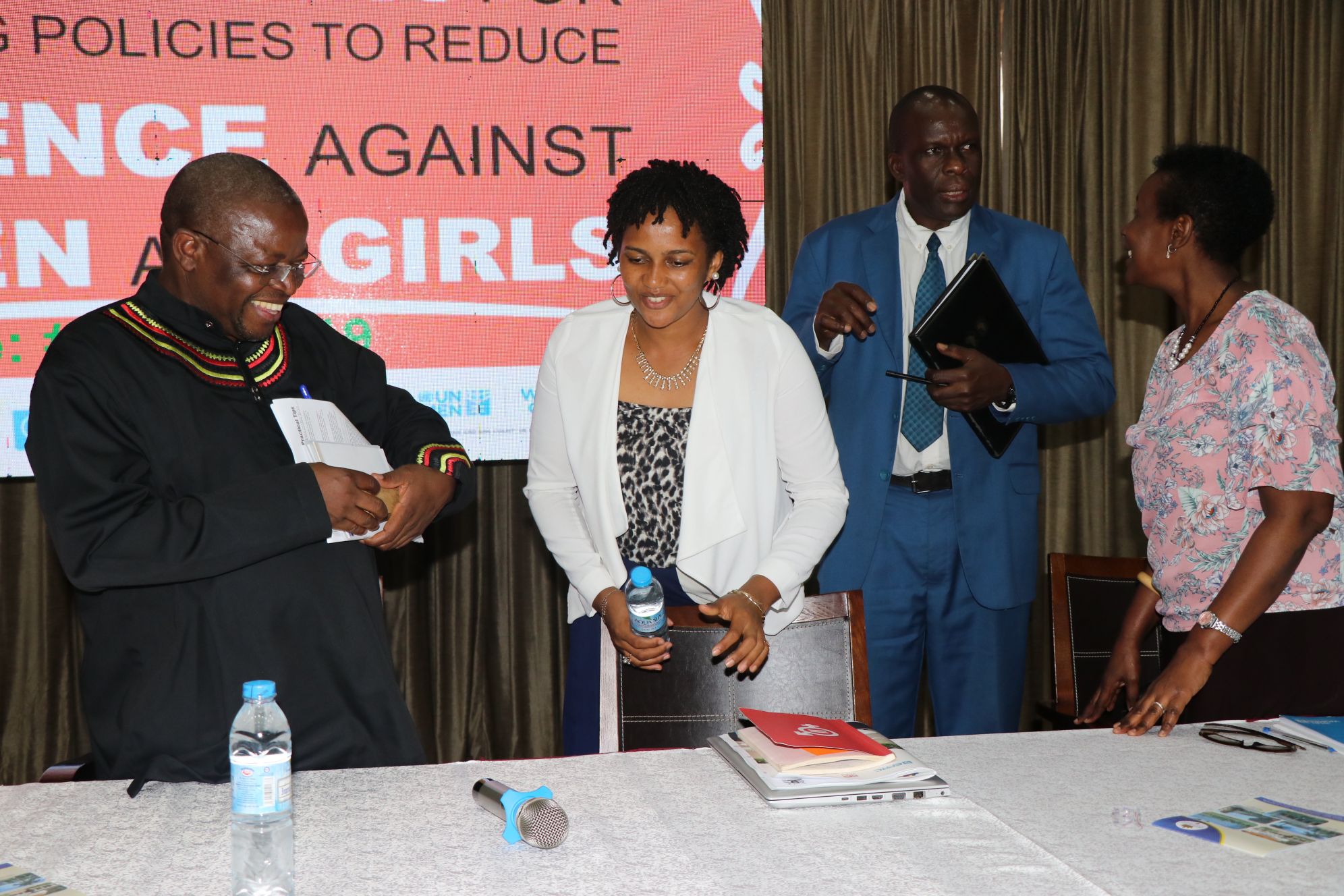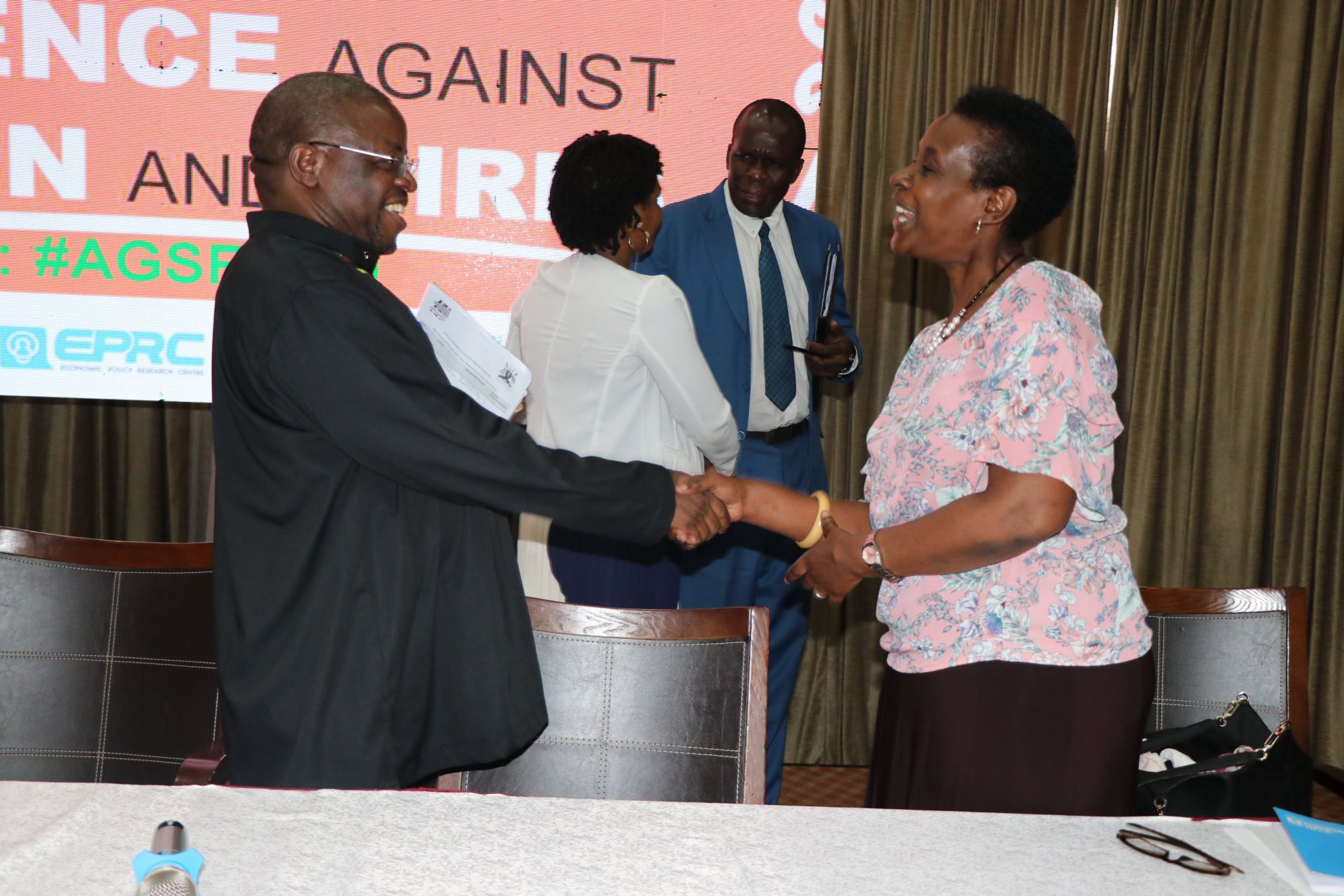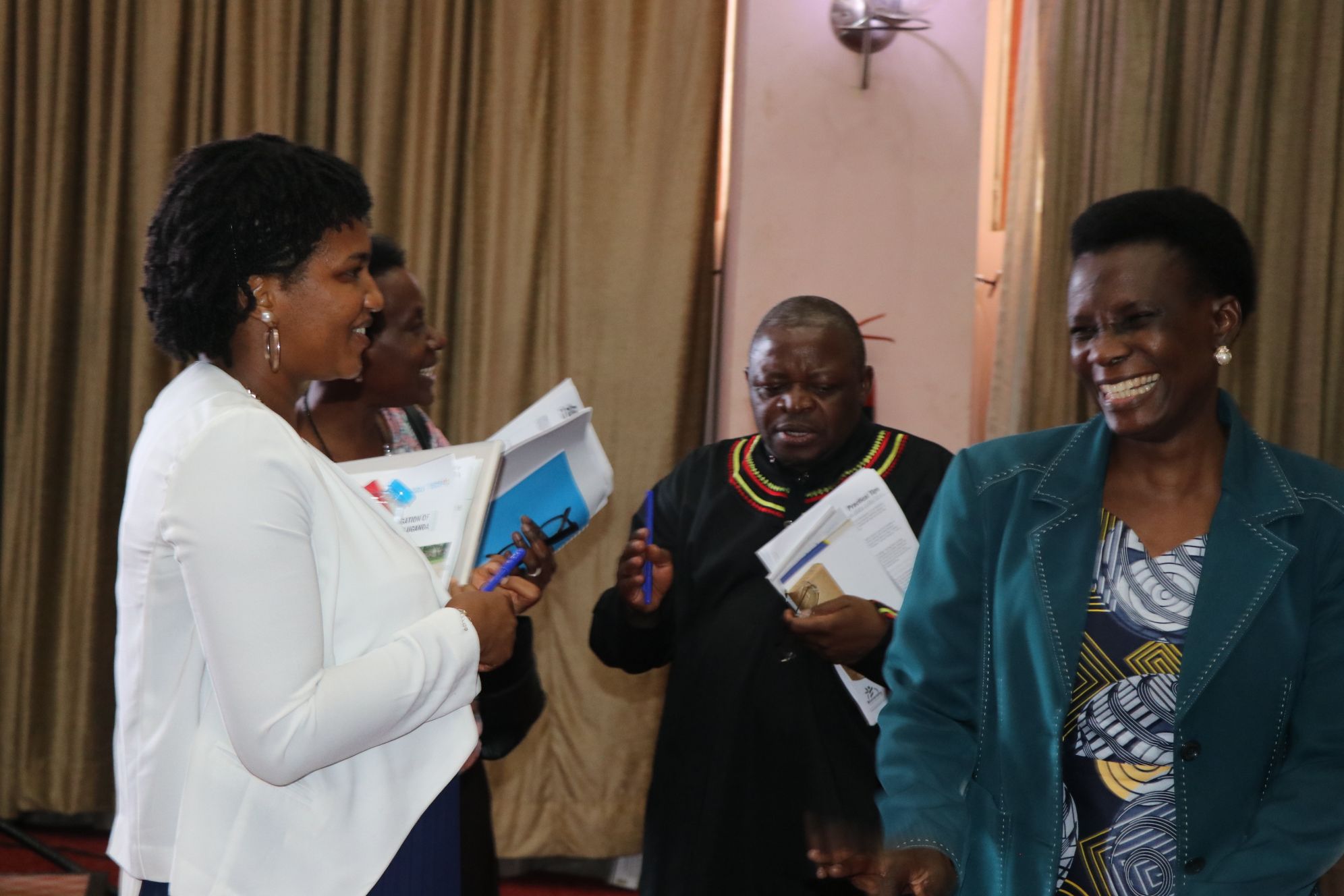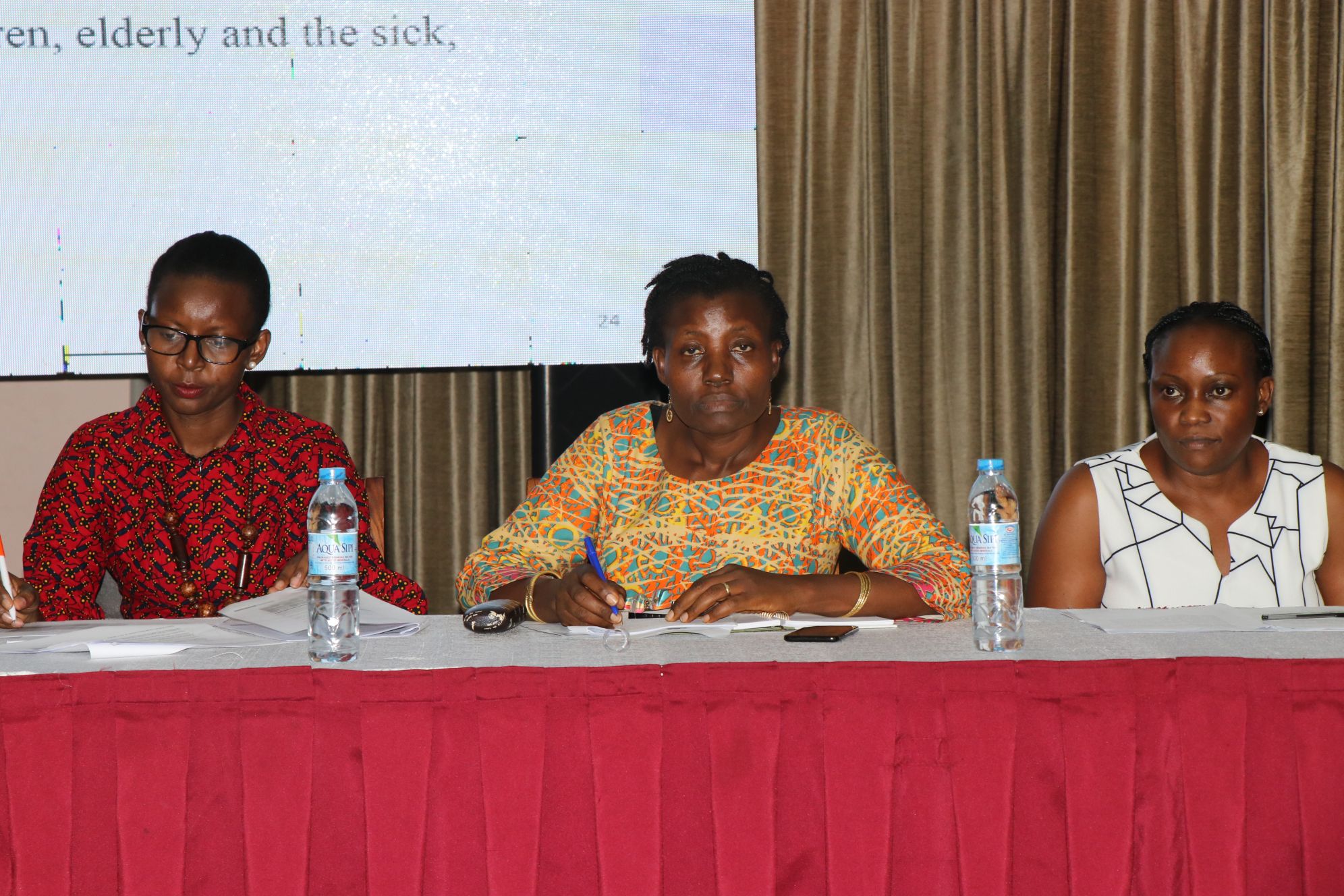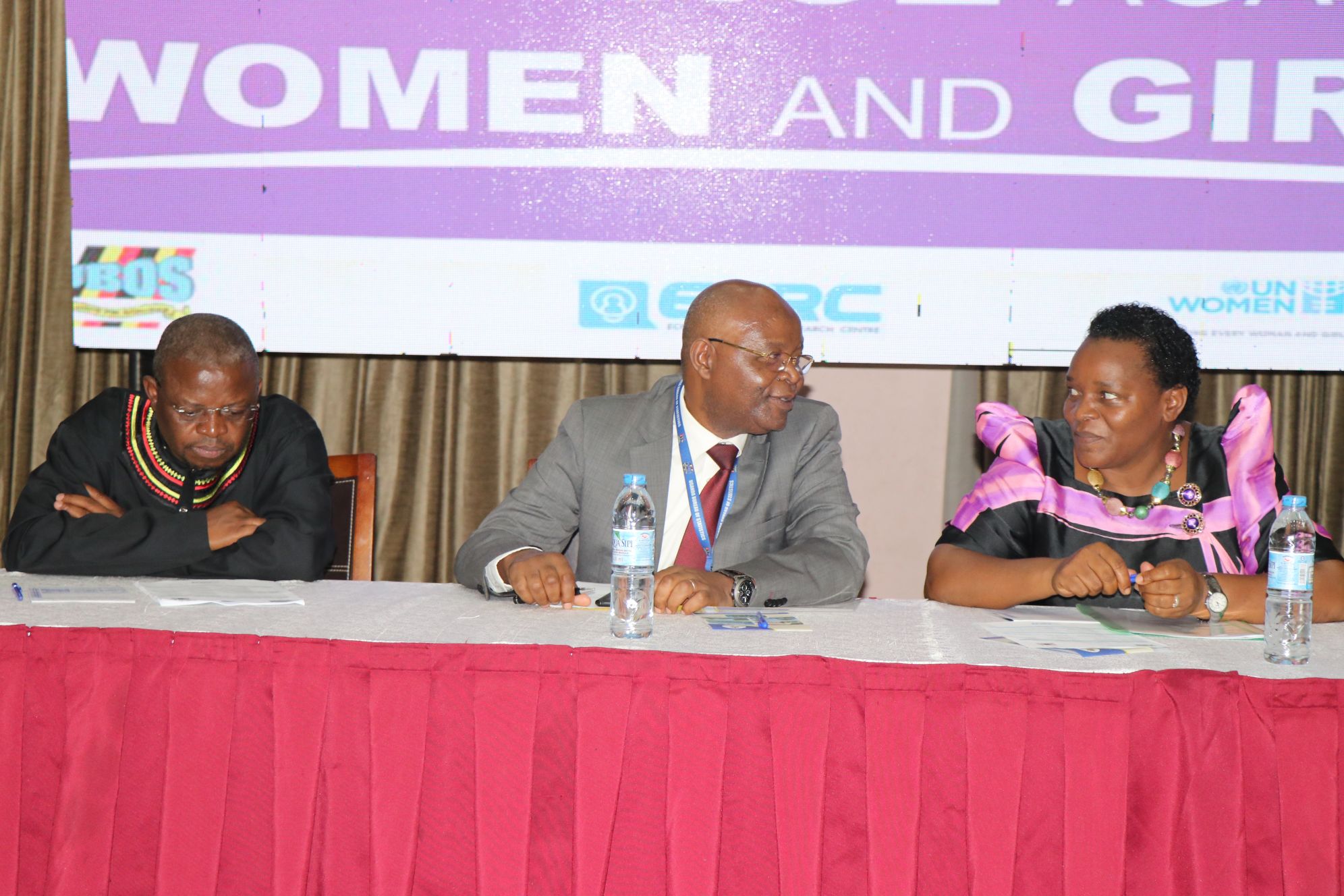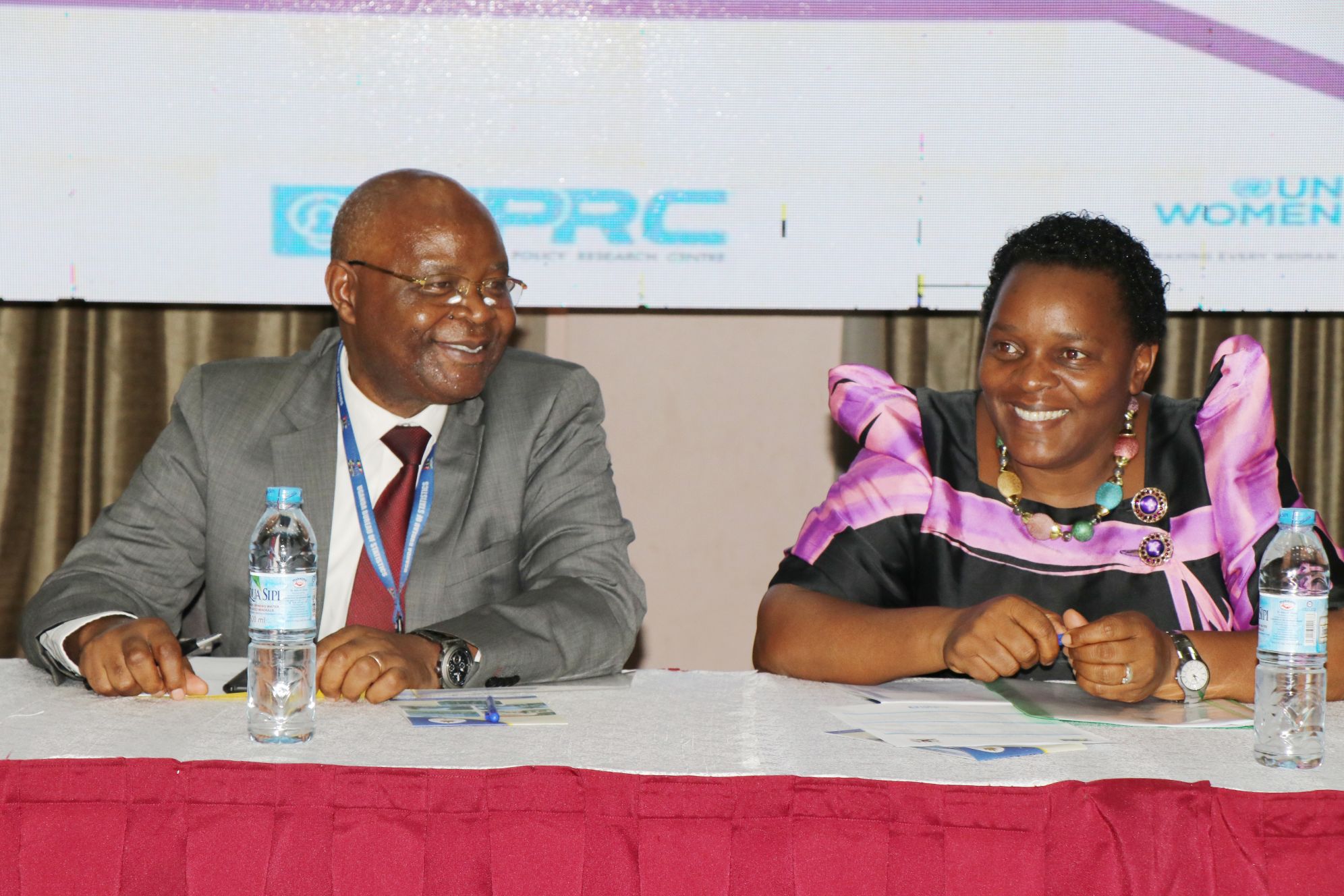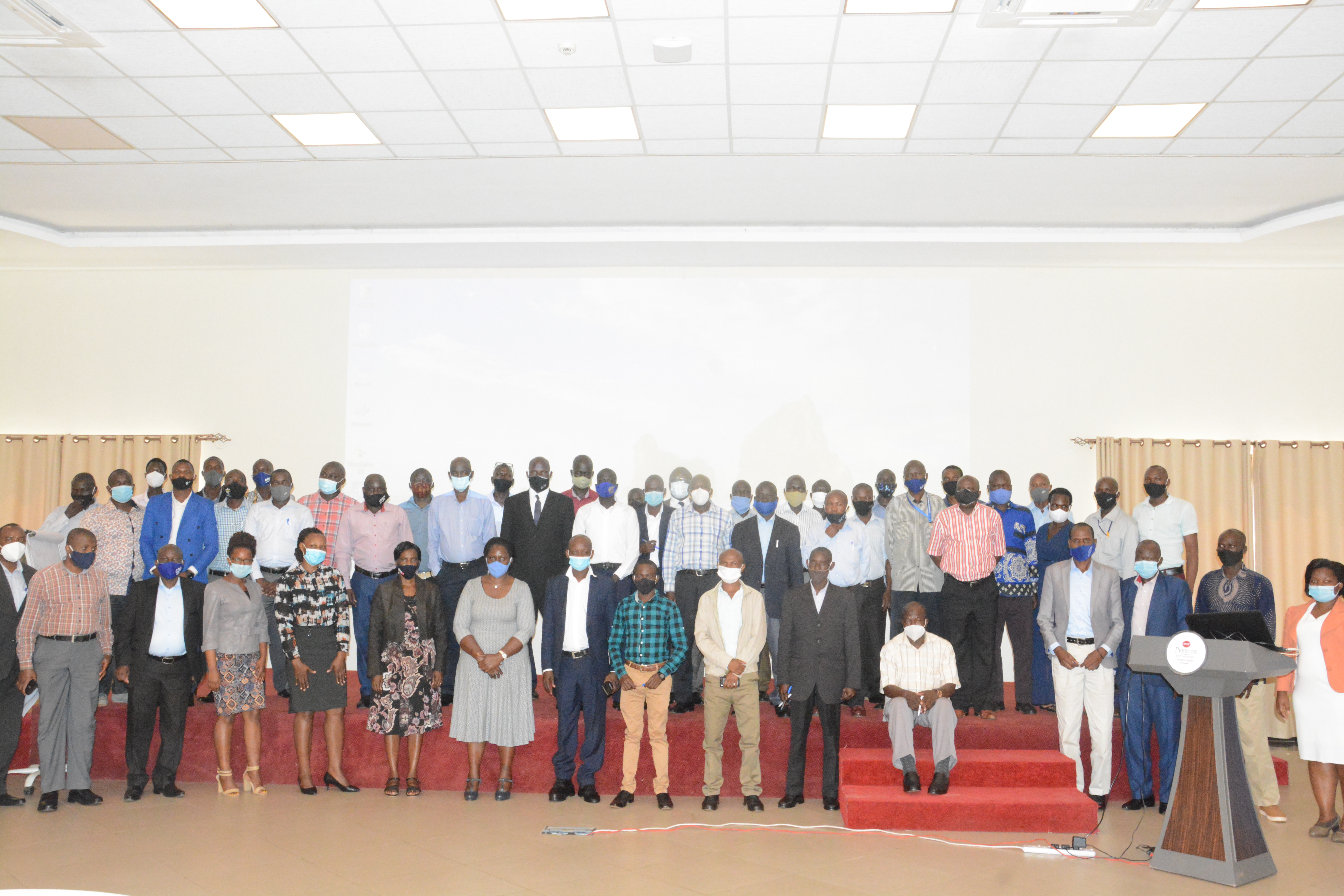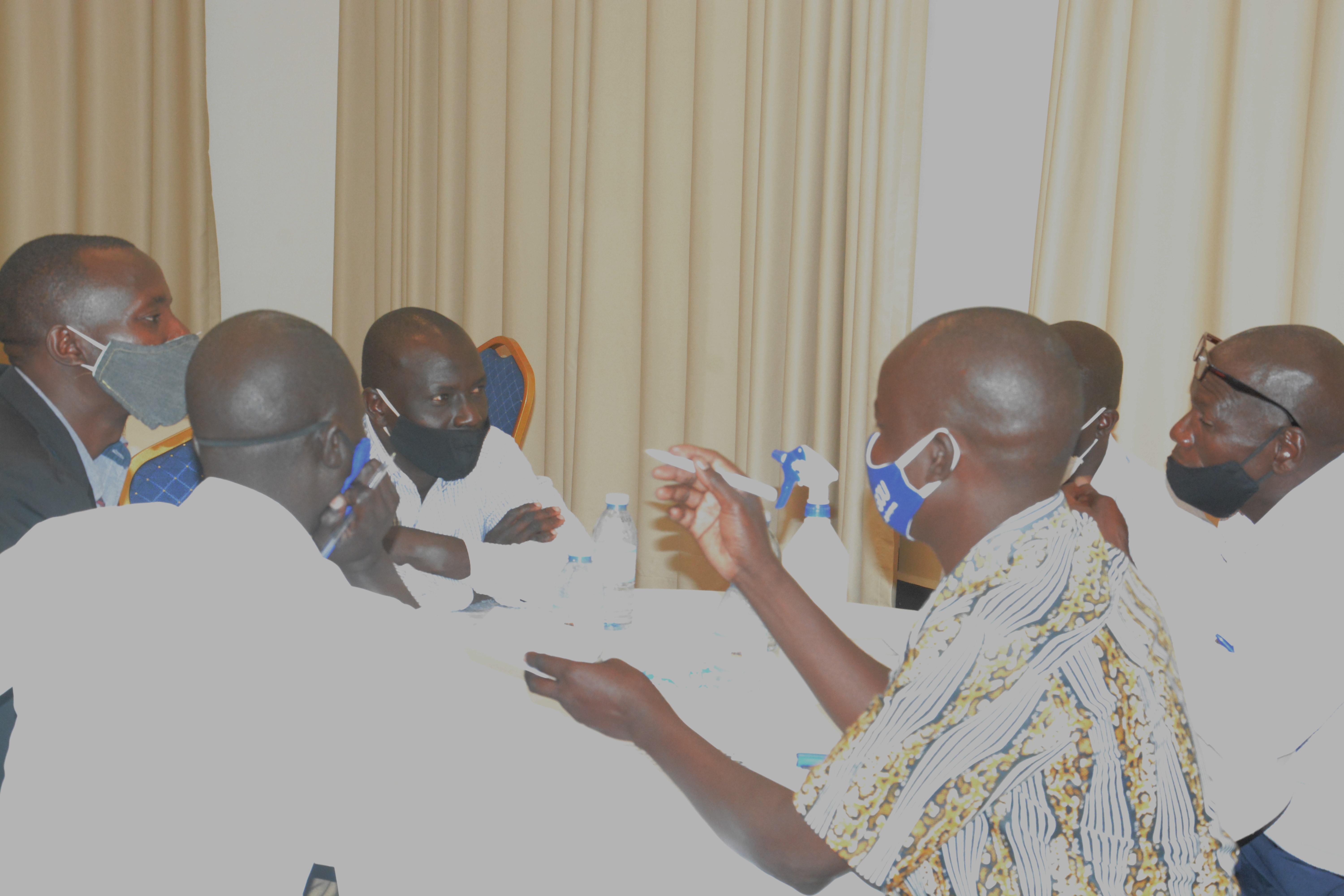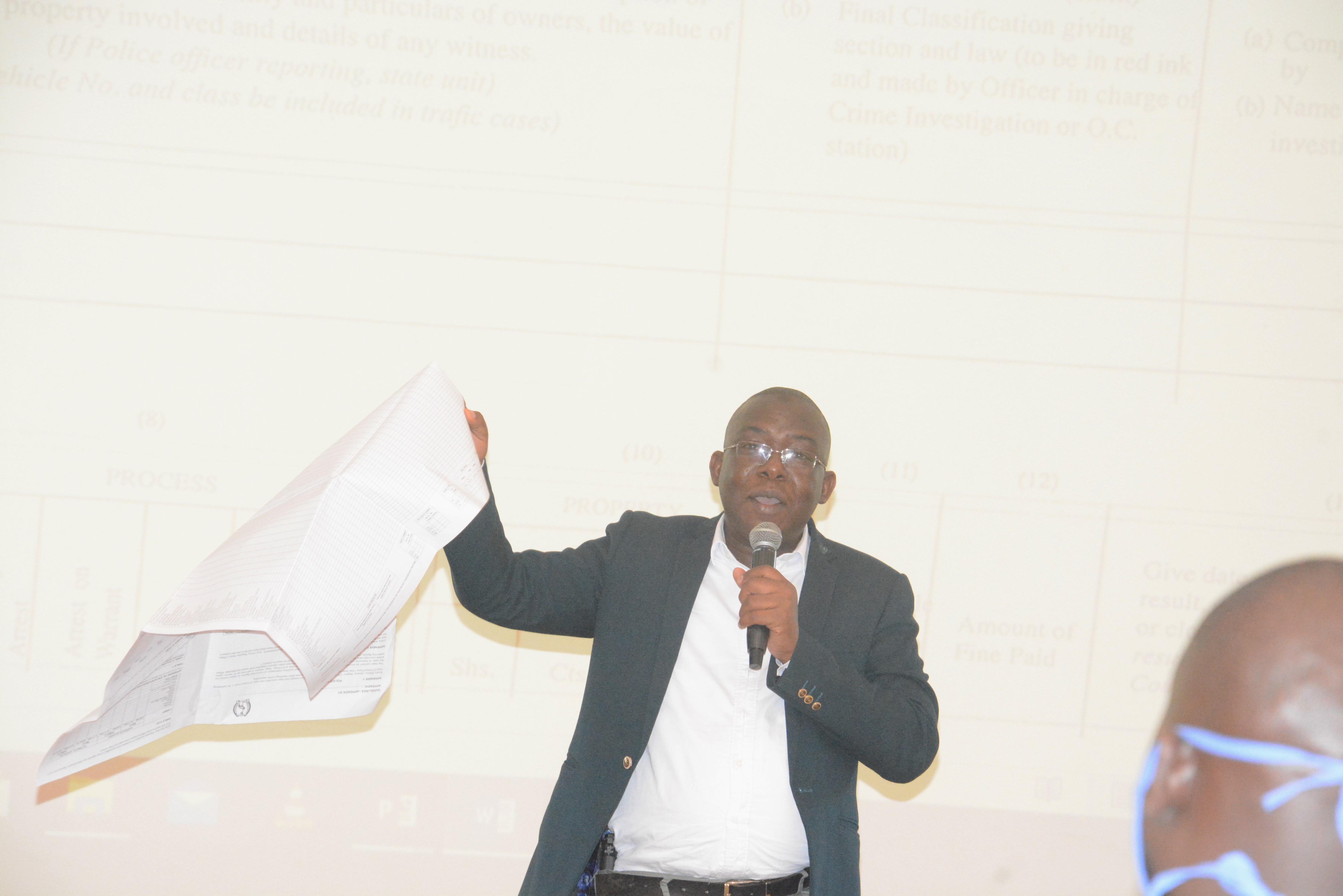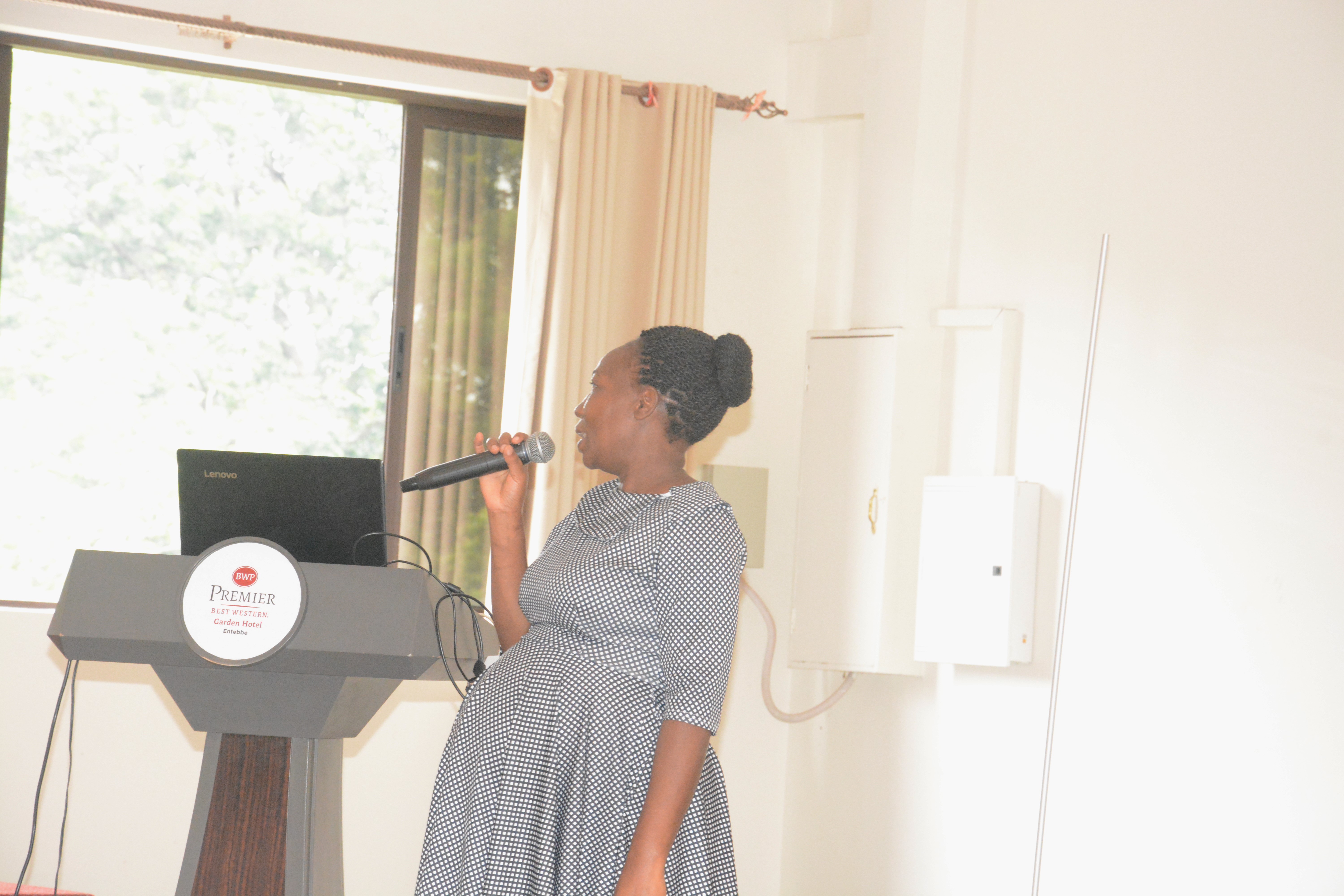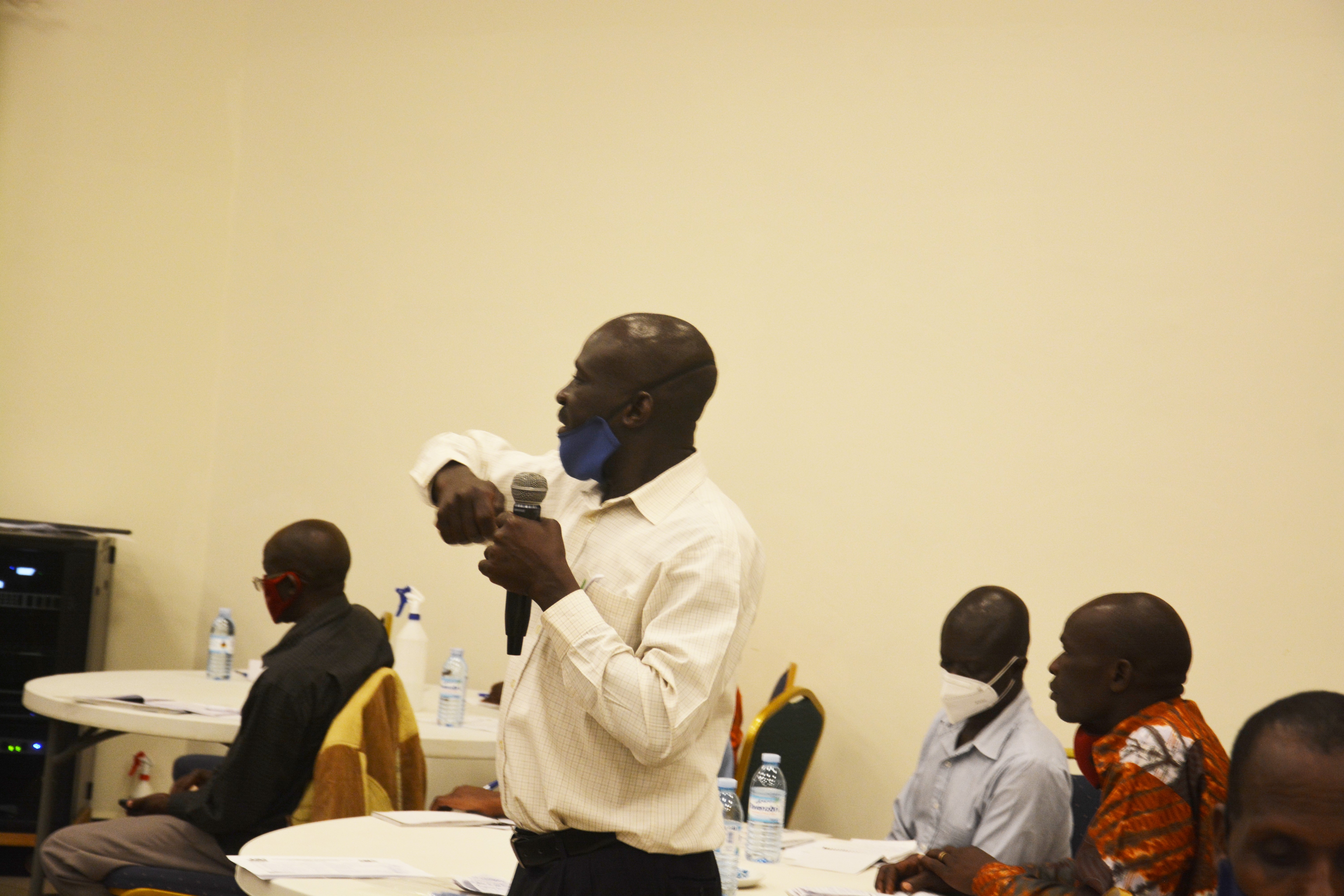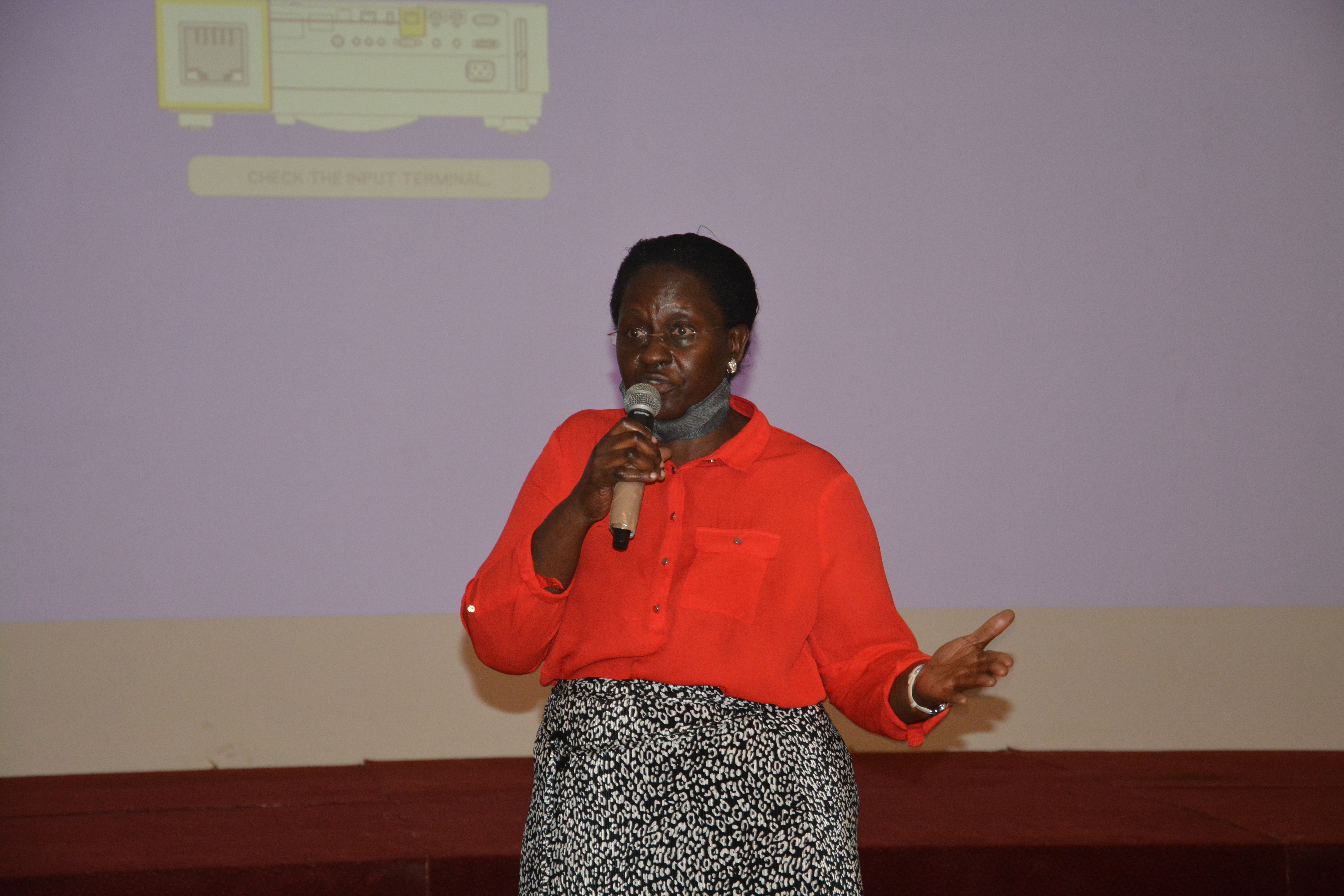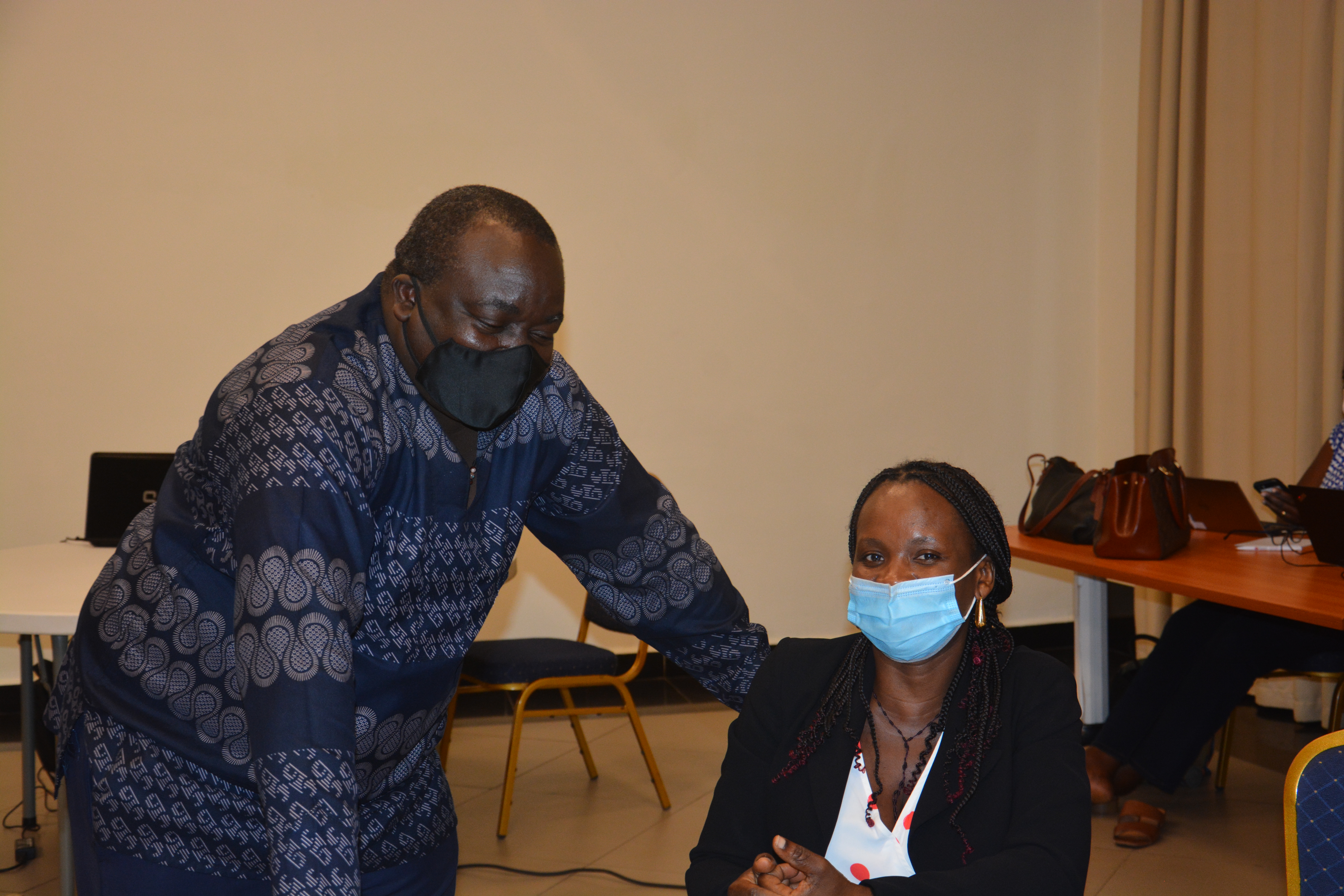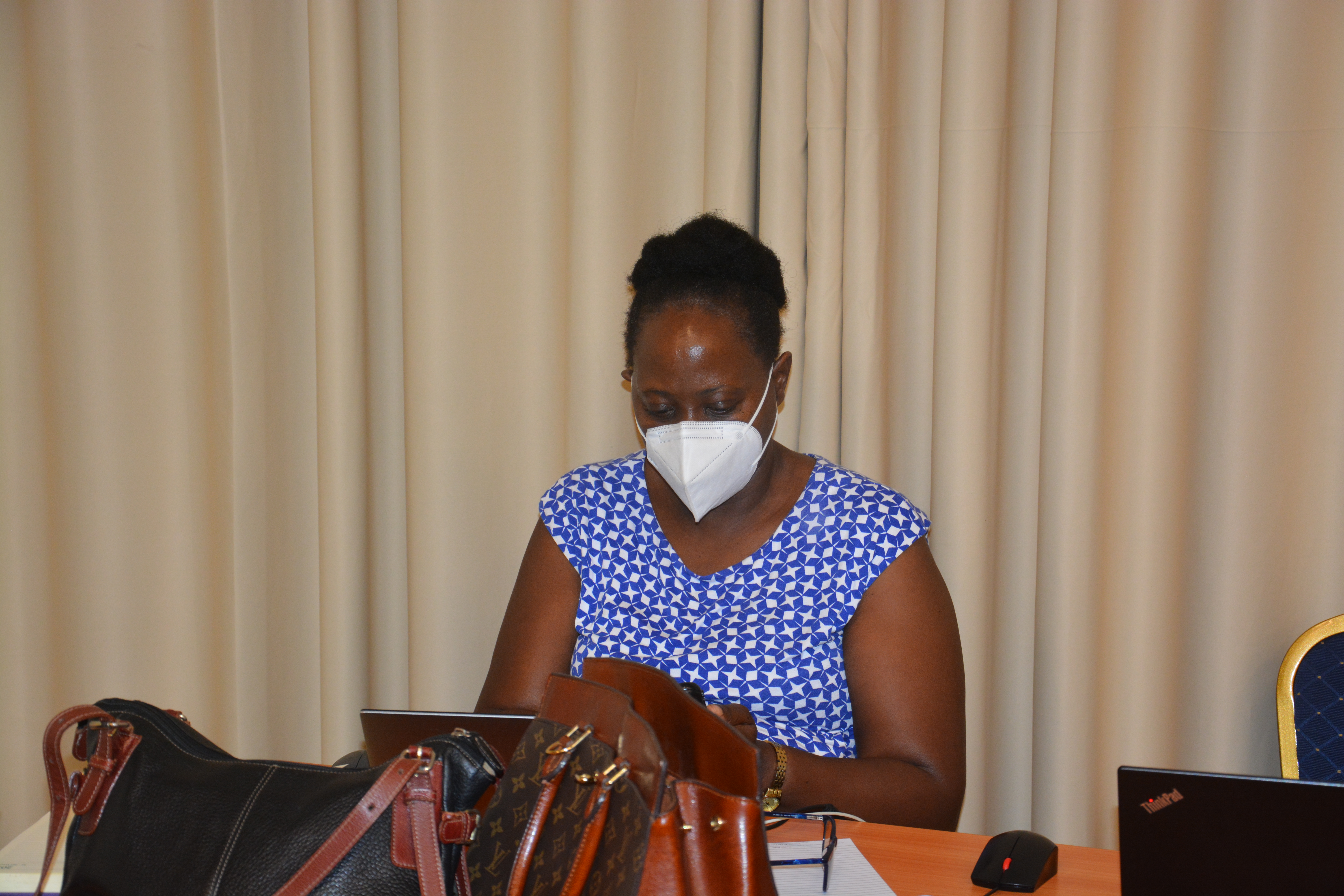About the portal
Overview
Gender is an important variable that systematically structures a person’s economic and social position and prospects in society. It describes attitudes, roles and responsibilities assigned to males and females, that often result in different opportunities and behavior for both men and women. The concept of gender emerged out of the study of social dynamics between the sexes, hence the expression “gender dynamics”. Gender aspects are determined by society and vary within and between societies.
The aspects are dynamic and usually influenced by cultural, economic, political and environmental factors. Hence, the different roles men and women create differences in need as well as access to and control over resources.
The trend of mainstreaming gender in statistics development evolved since the 1995 Beijing Declaration at the Beijing Platform for Action (BPfA) and has continued to expand and entrench itself in various development frameworks and policies at international, continental and national level. Some of these include: the 1985 Convention on the Elimination of all forms of Discrimination against Women (CEDAW), the 1987 International Covenant on Economic, Social and Cultural Rights, the 1995 International Covenant on Civil and Political Rights, the 1986 Convention against Torture, the 1990 Convention on the Rights of the Child, the Agenda 2030 on Sustainable Development, Africa Agenda 2063 and the National Development Plan (NDP), to mention but a few. All these require data to measure progress towards the country’s commitment on gender equality and women’s empowerment.
Overall, efforts related to policy formulation and programme design, implementation and monitoring require detailed, reliable and timely gender statistics. Uganda is part of the global framework and is expected to respond and adhere to all international resolutions Principles, Standards and Classifications at international level meant for statistics.
Empirical evidence shows that Uganda has made efforts to implement the actions recommended in the Beijing Platform of Action, objective H3 through increased sex disaggregation of data, improved analysis of data from a gender perspective and identification of gaps in statistical products. The Plan for National Statistical Development (PNSD) is Uganda’s framework for strengthening statistical production and development in the National Statistical System (NSS).
The PNSD, and Uganda Bureau of Statistics (UBOS) Strategic Plan underscore the need for gender statistics and gender and equity responsive statistics in all census, survey and administrative data reports. The current initiatives to mainstream gender in UBOS notwithstanding, more work needs to be done to attain a gender responsive National Statistical System (NSS). UBOS has made great strides in mainstreaming gender in the organization, and promoting the production and use of gender statistics in the NSS, as a whole.
The National Priority Gender Equality Indicators (NPGEIs)
The Uganda Bureau of Statistics (UBOS) as the agency coordinating the development and maintenance of the NSS in collaboration with Ministries, Departments and Agencies (MDAs) developed the National Priority Gender Equality Indicators (NPGEIs). The NPGEIs are intended to guide development and production of gender responsive indicators in the country. The NPGEIs are aligned to the NDP, Sector Development Plans (SDPs) and the Sustainable Development Goals (SDGs). The NPGEIs are presented by sector and categorized by tiers. The categories of tiers are based on the availability of data and methodology as follows;
- Tier I: Indicators with available methodology and data.
- Tier II: Indicators with available methodology but data is not being produced.
- Tier III: Indicators with neither methodology nor data.
Here is how to get in touch with us:
- Address: Statistics House, Plot 9 Colville Street
- Posta: P.O. Box 7186, Kampala
- Phone: +256 414 706000
- Email: ubos@ubos.org
Gallery
Gender Statistic Gallery: Here you can be able to view photos and videos, of some the events that have taken place before, on several occassions regarding issues all gender related, like from seminars, workshops, award ceremonies and so on.

